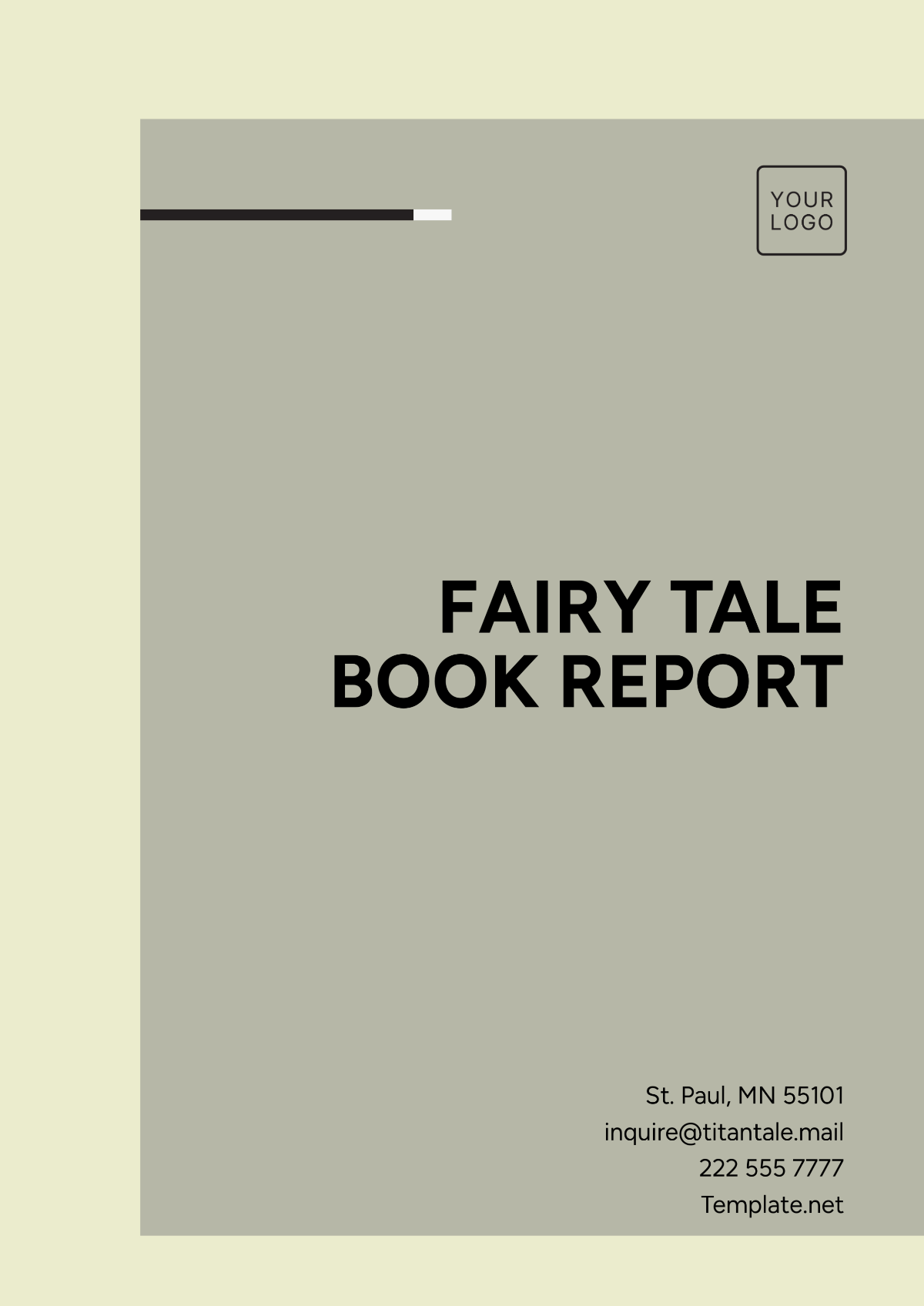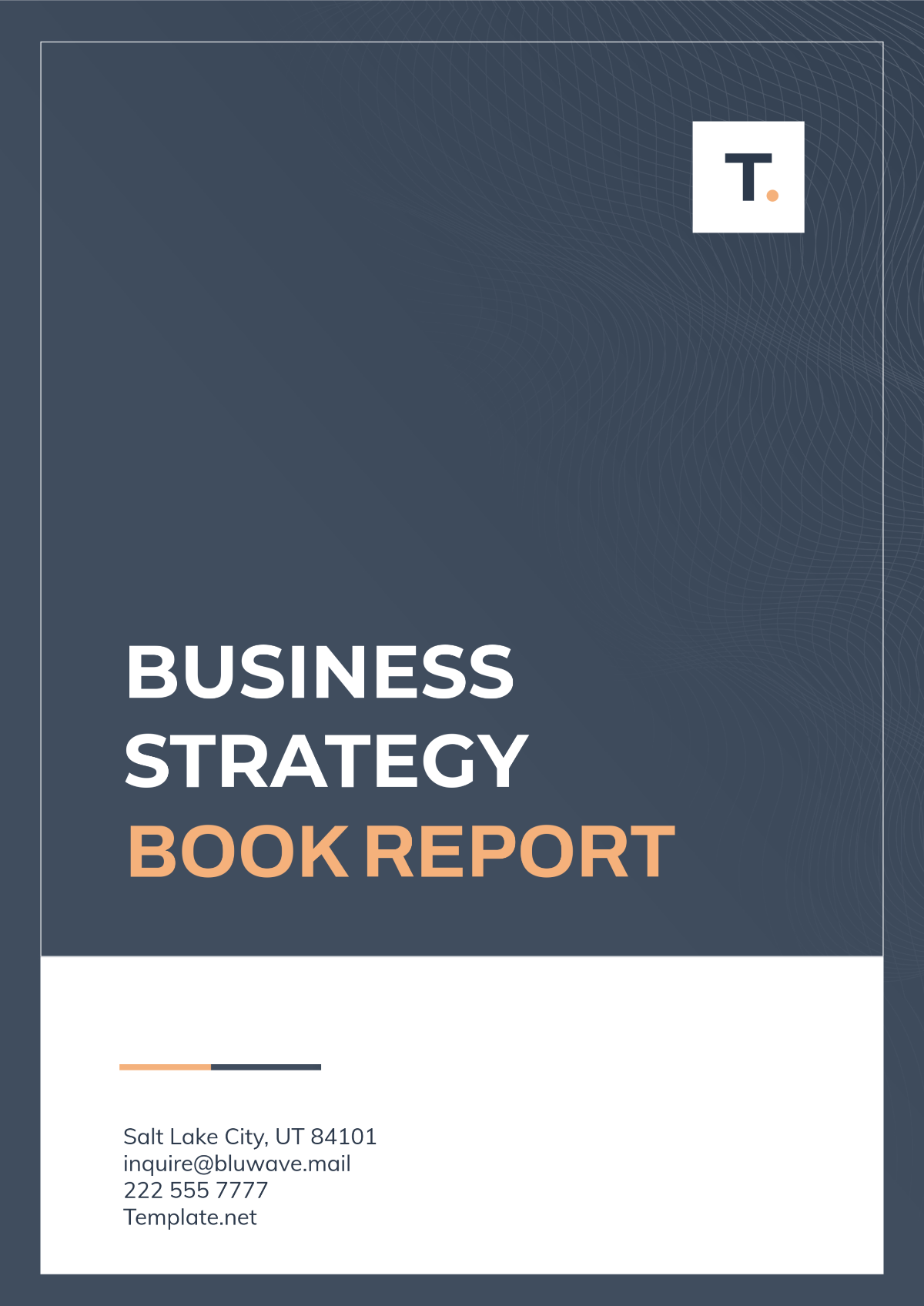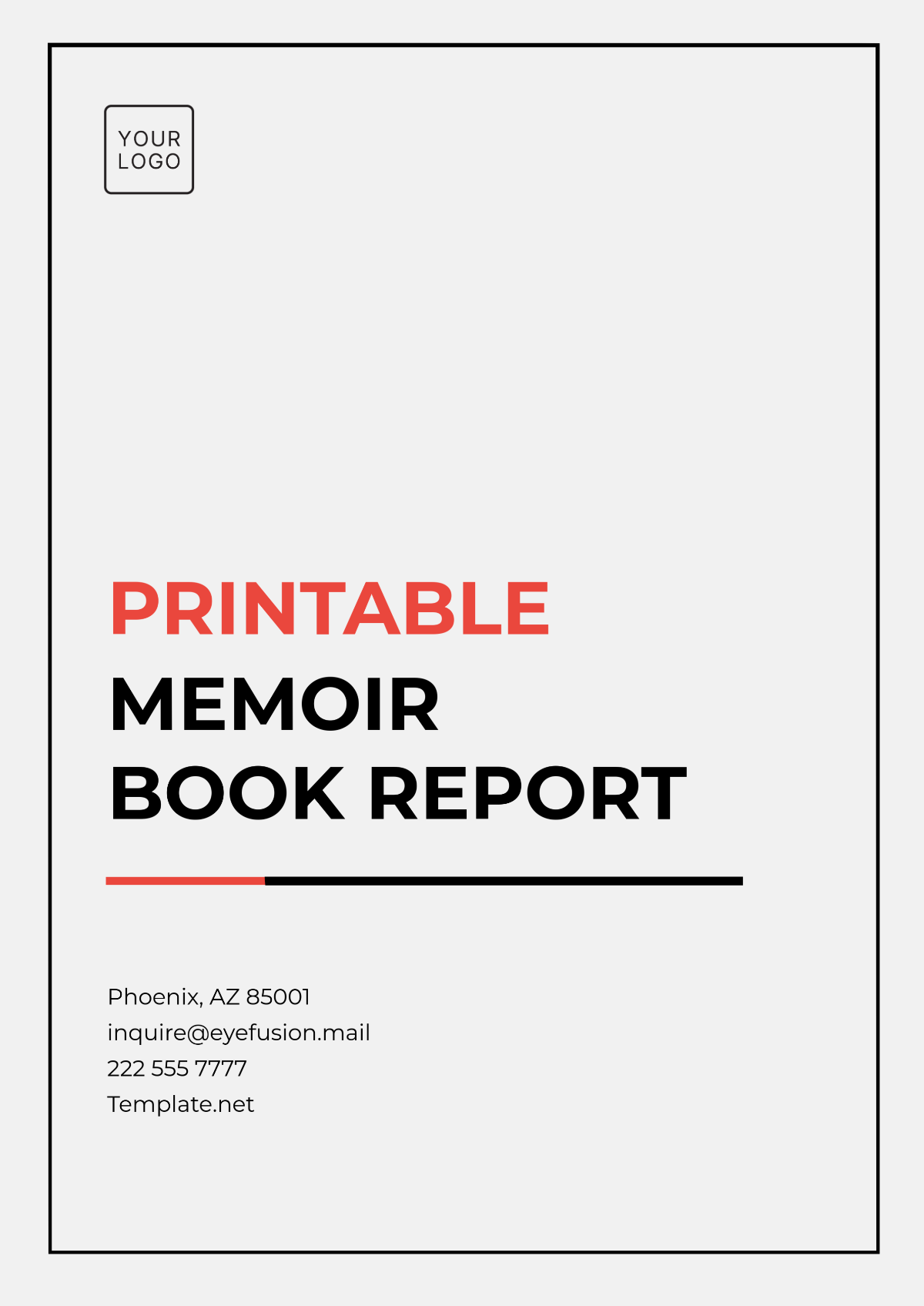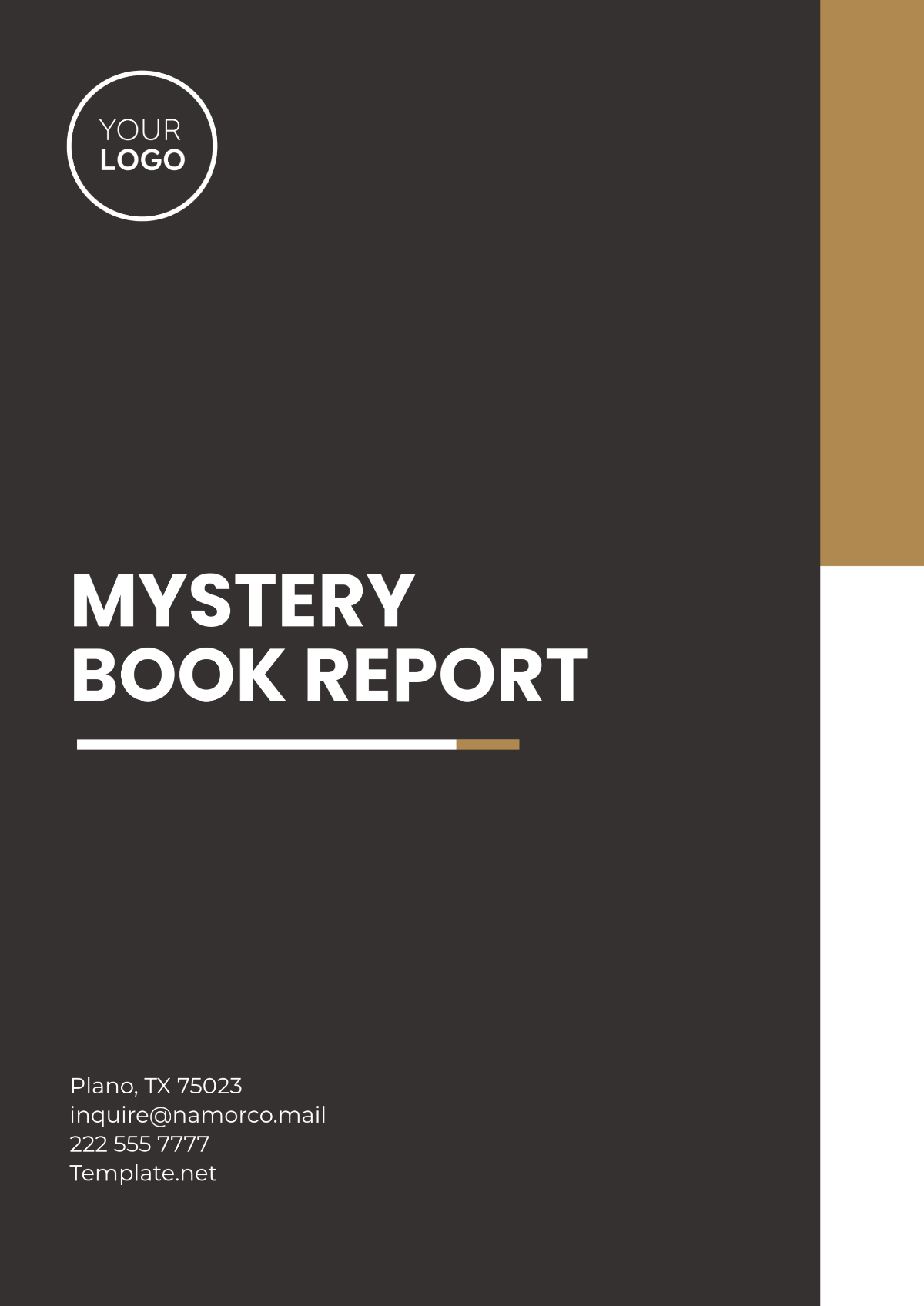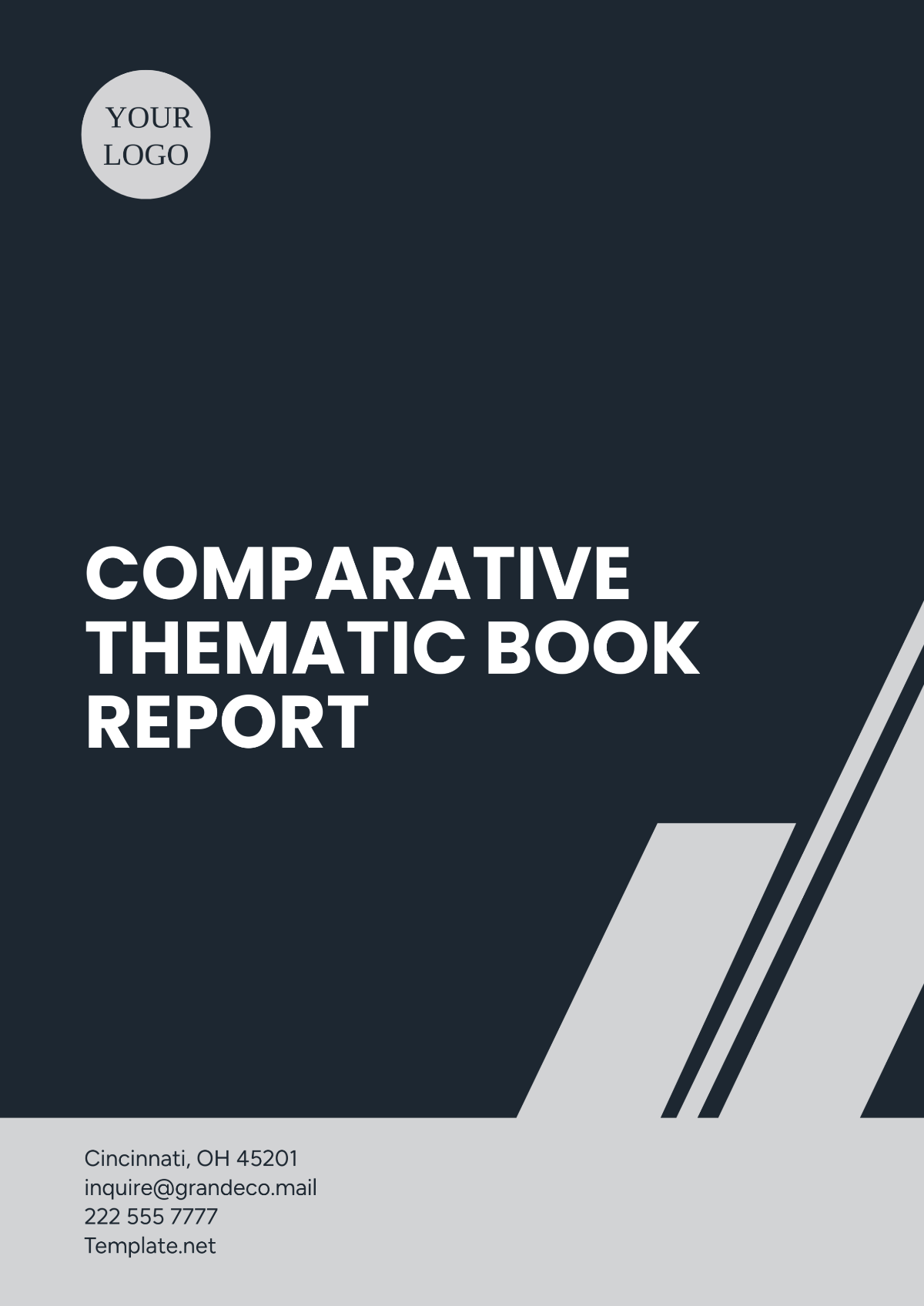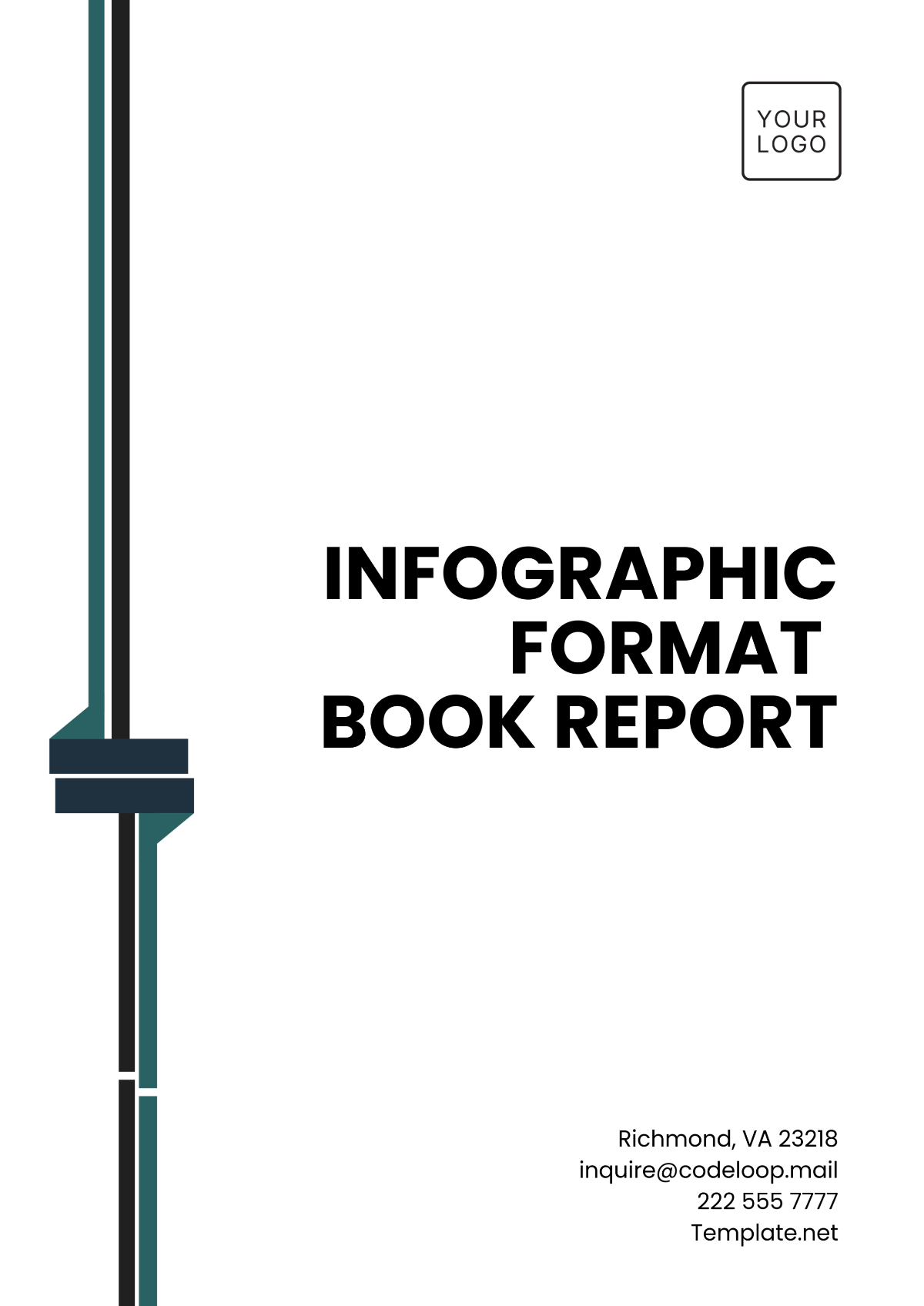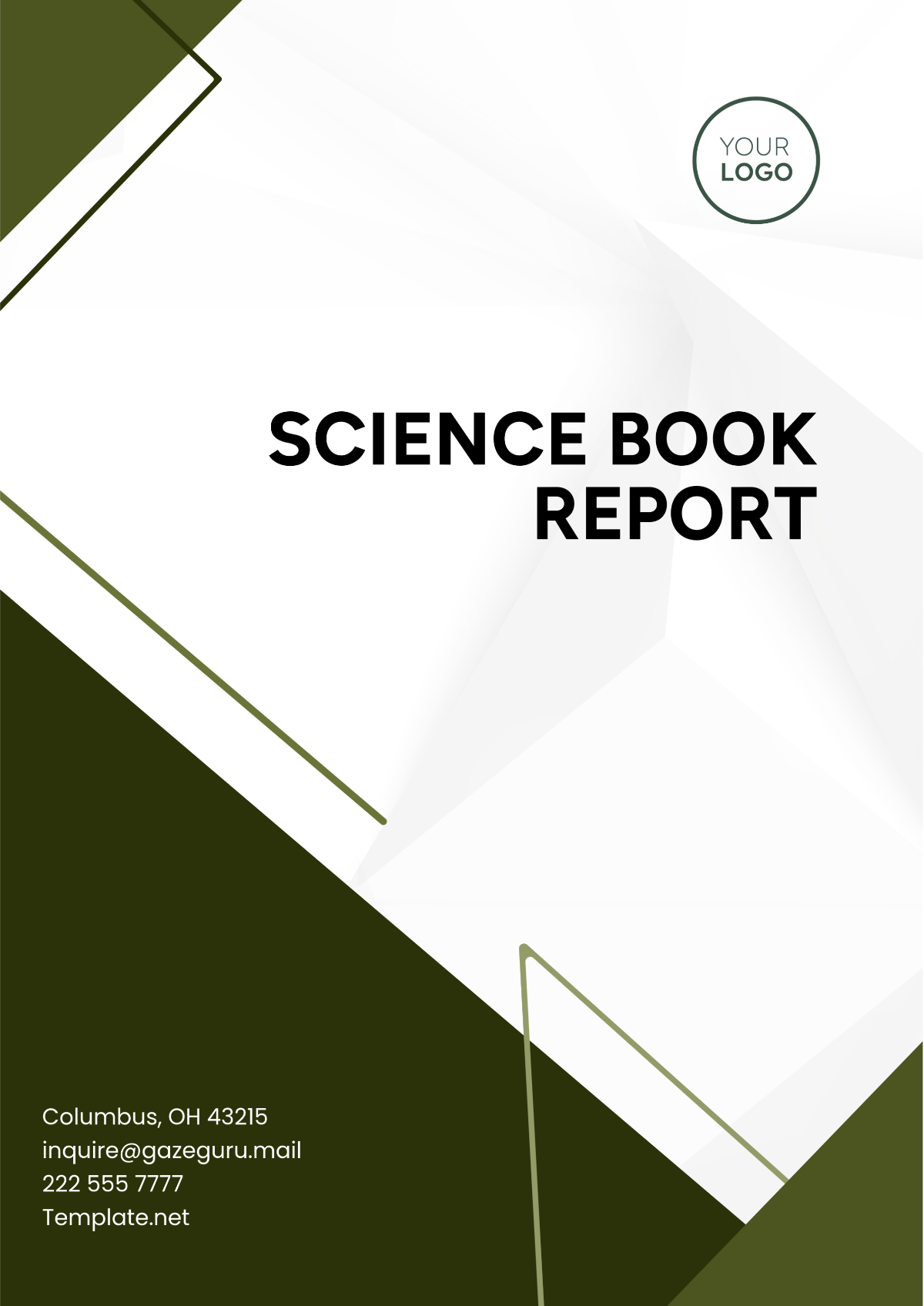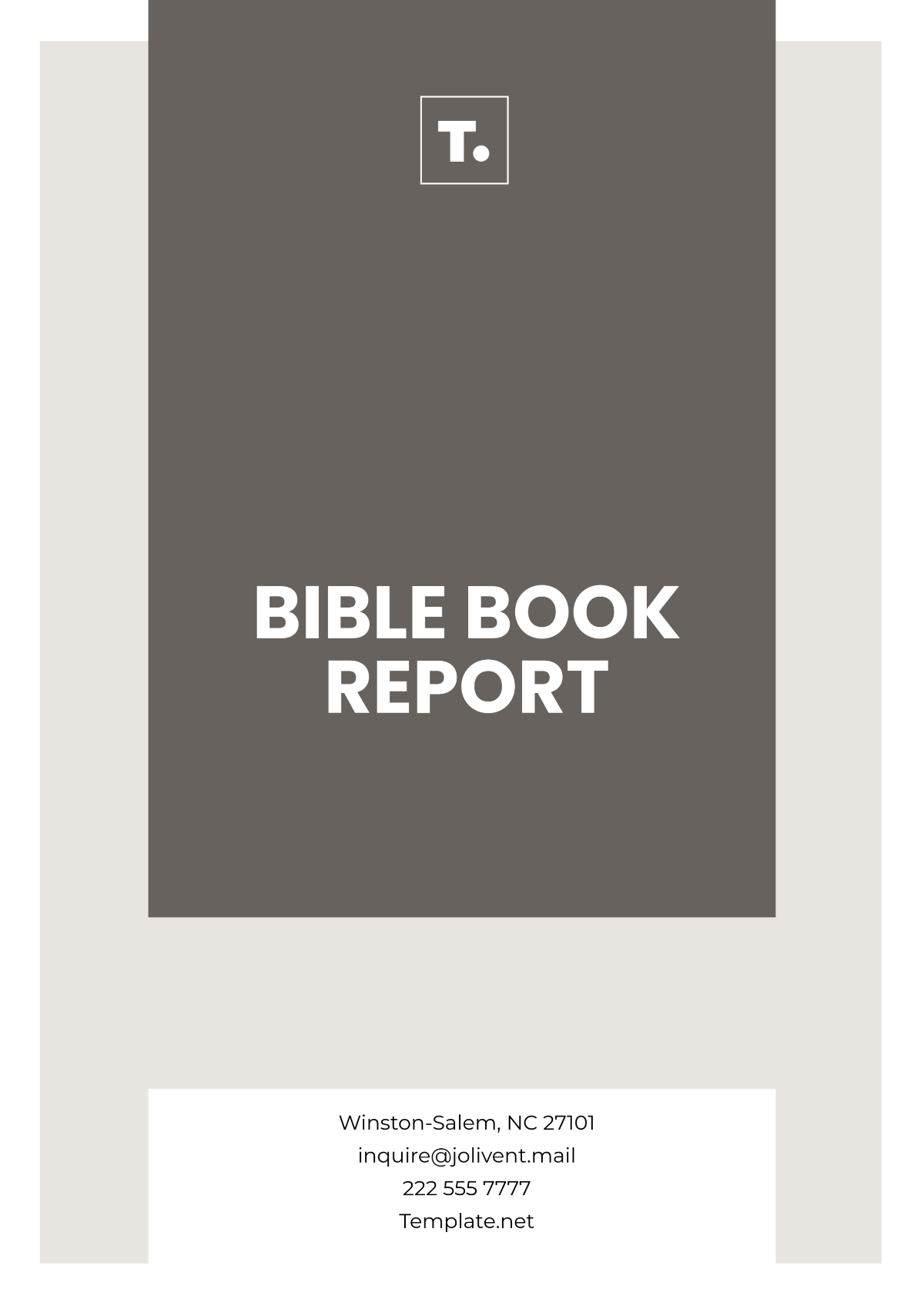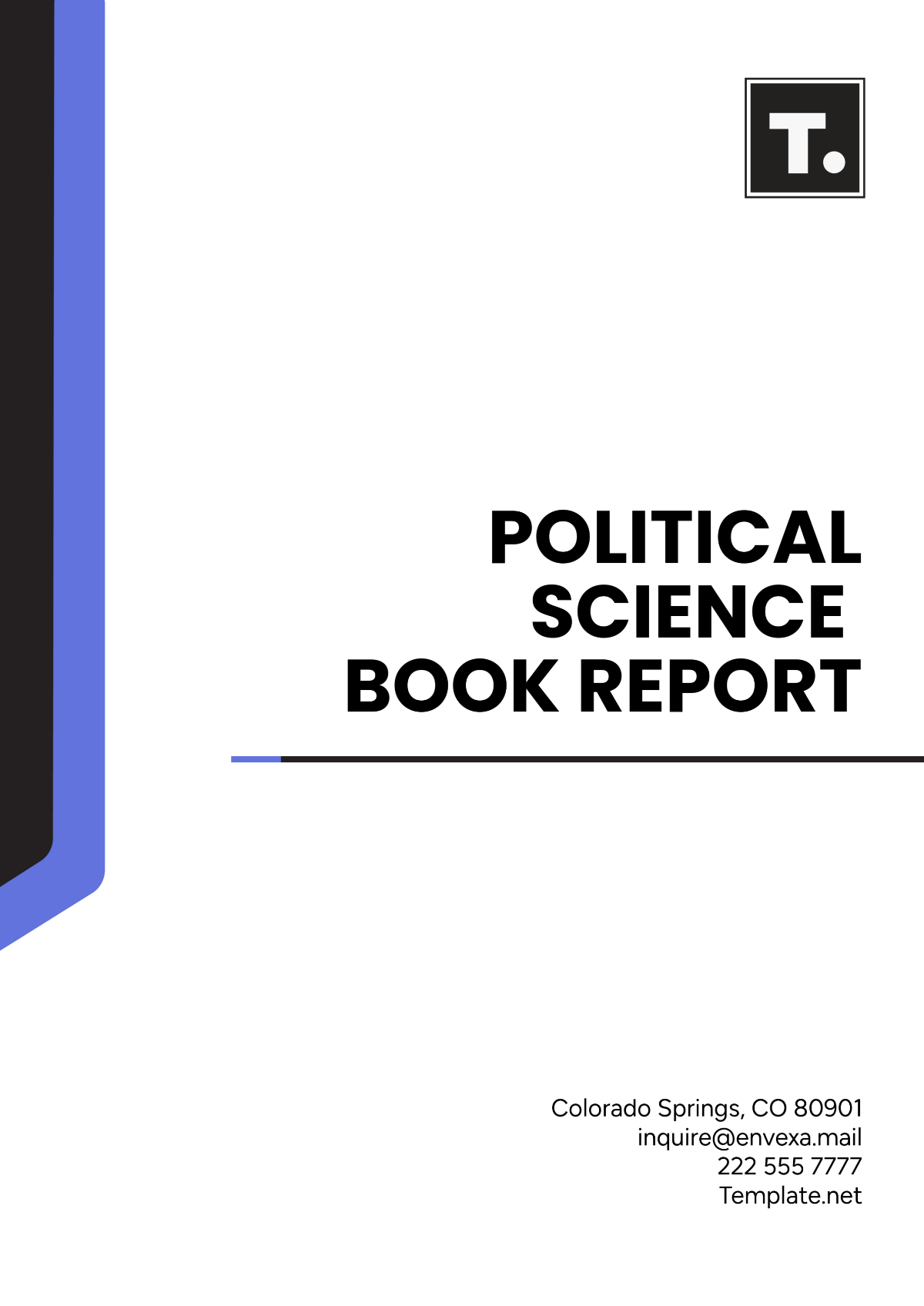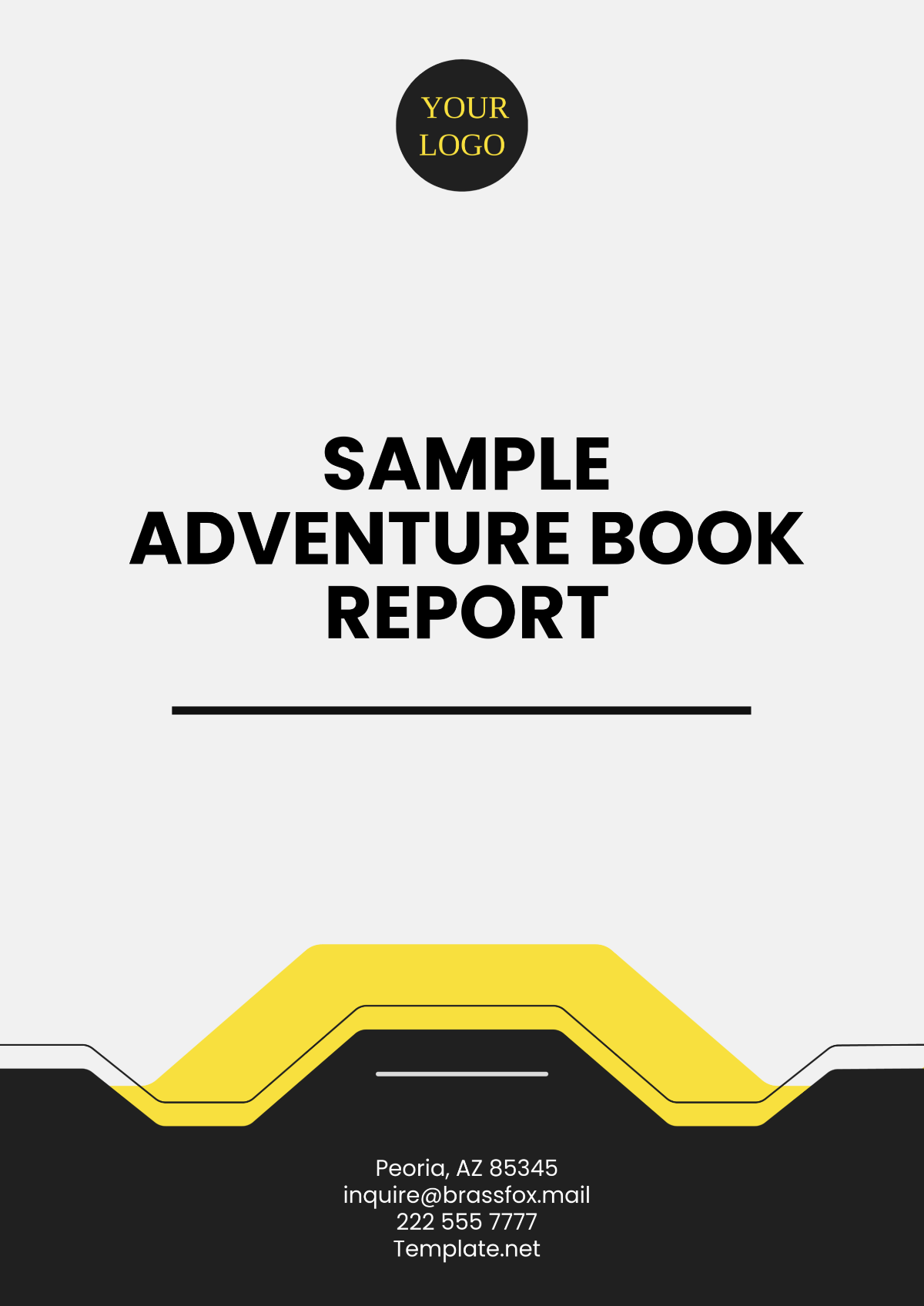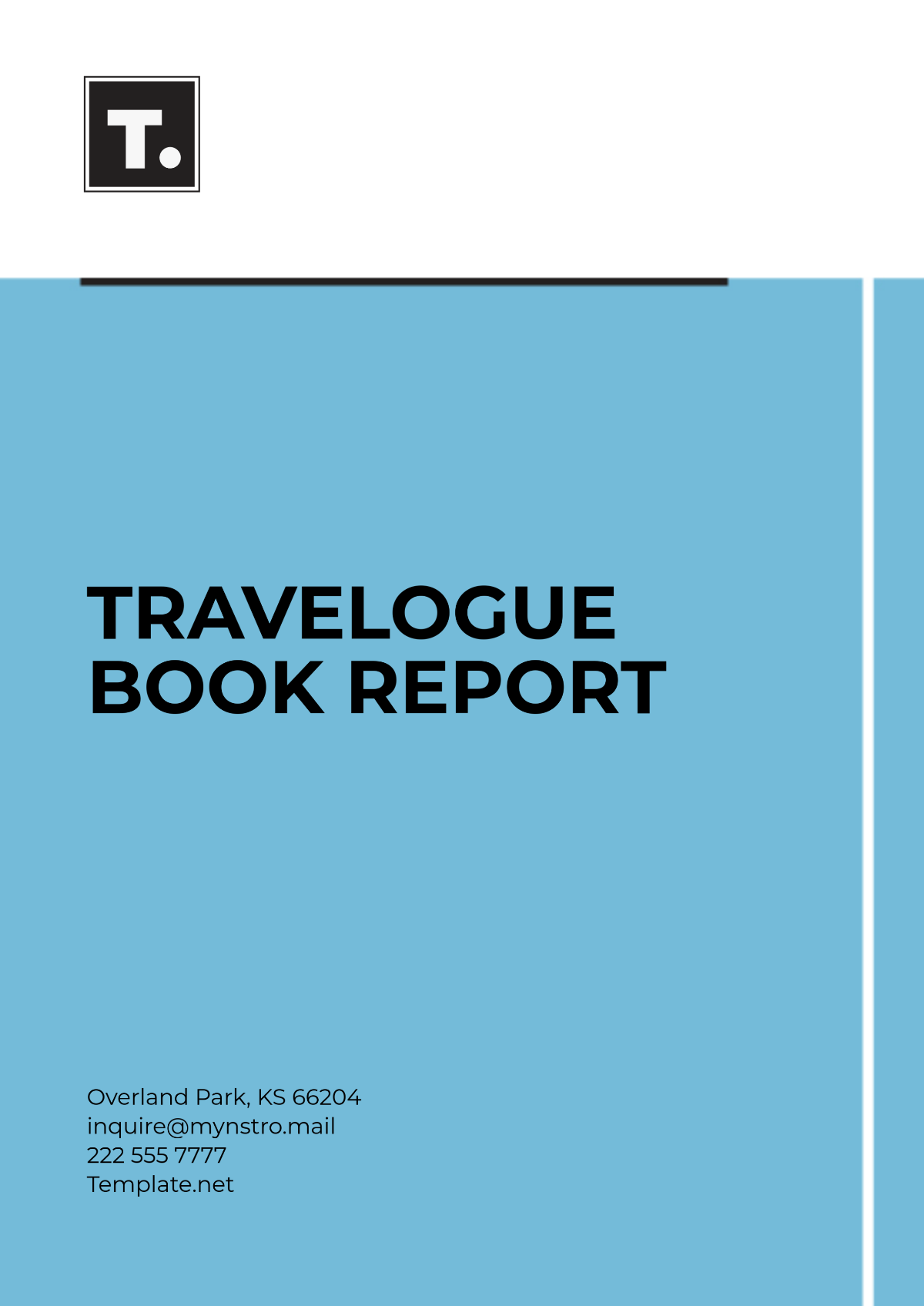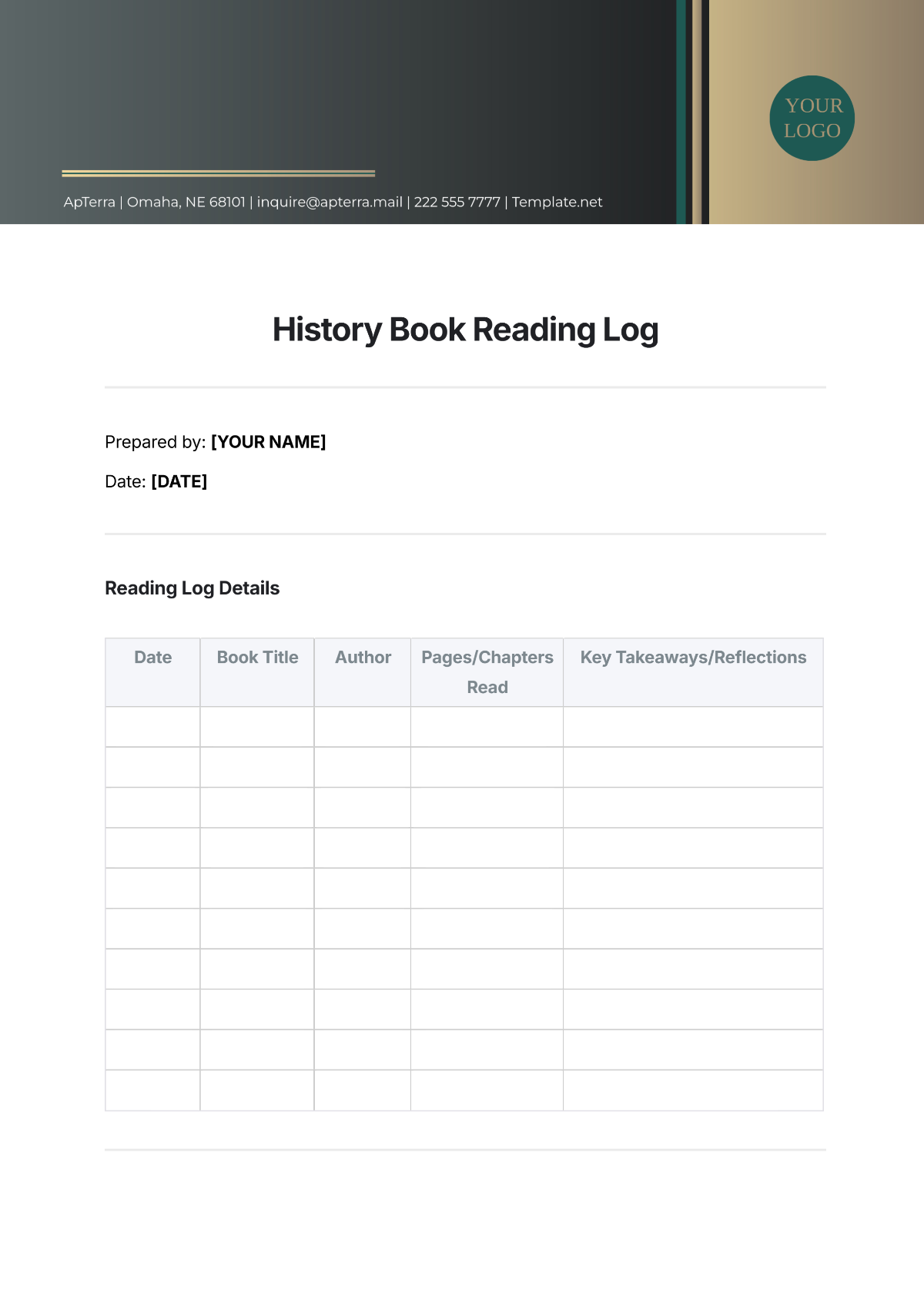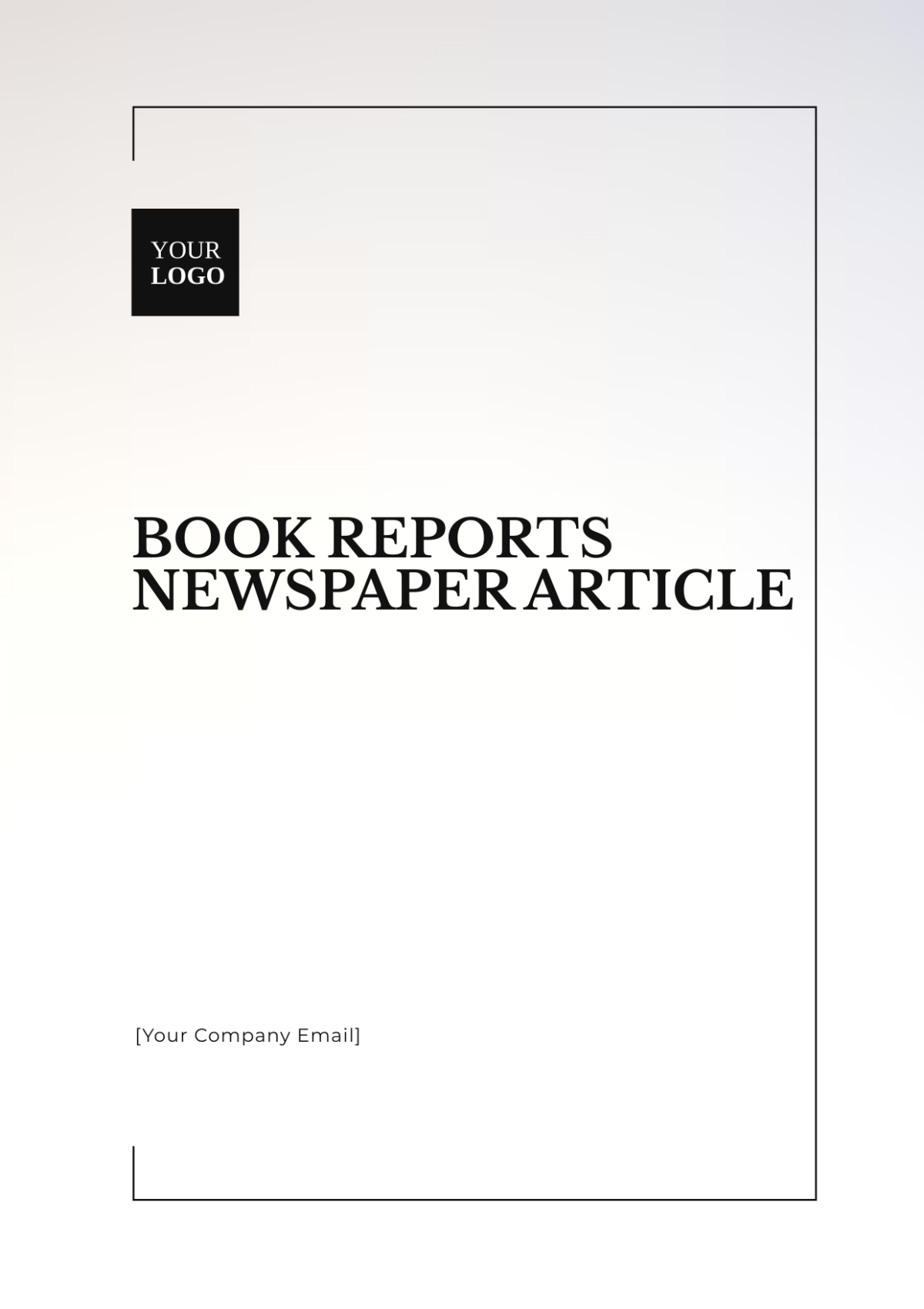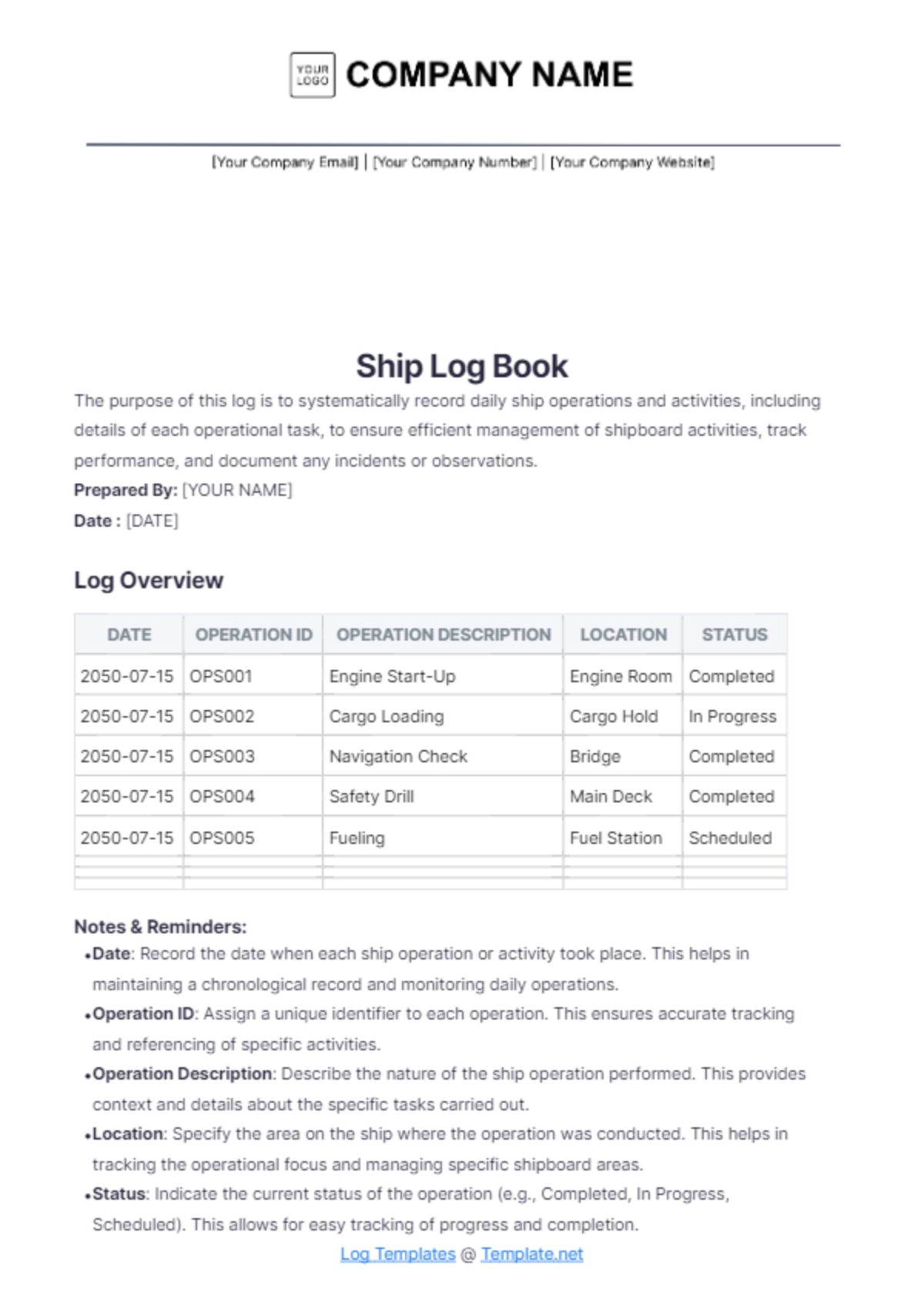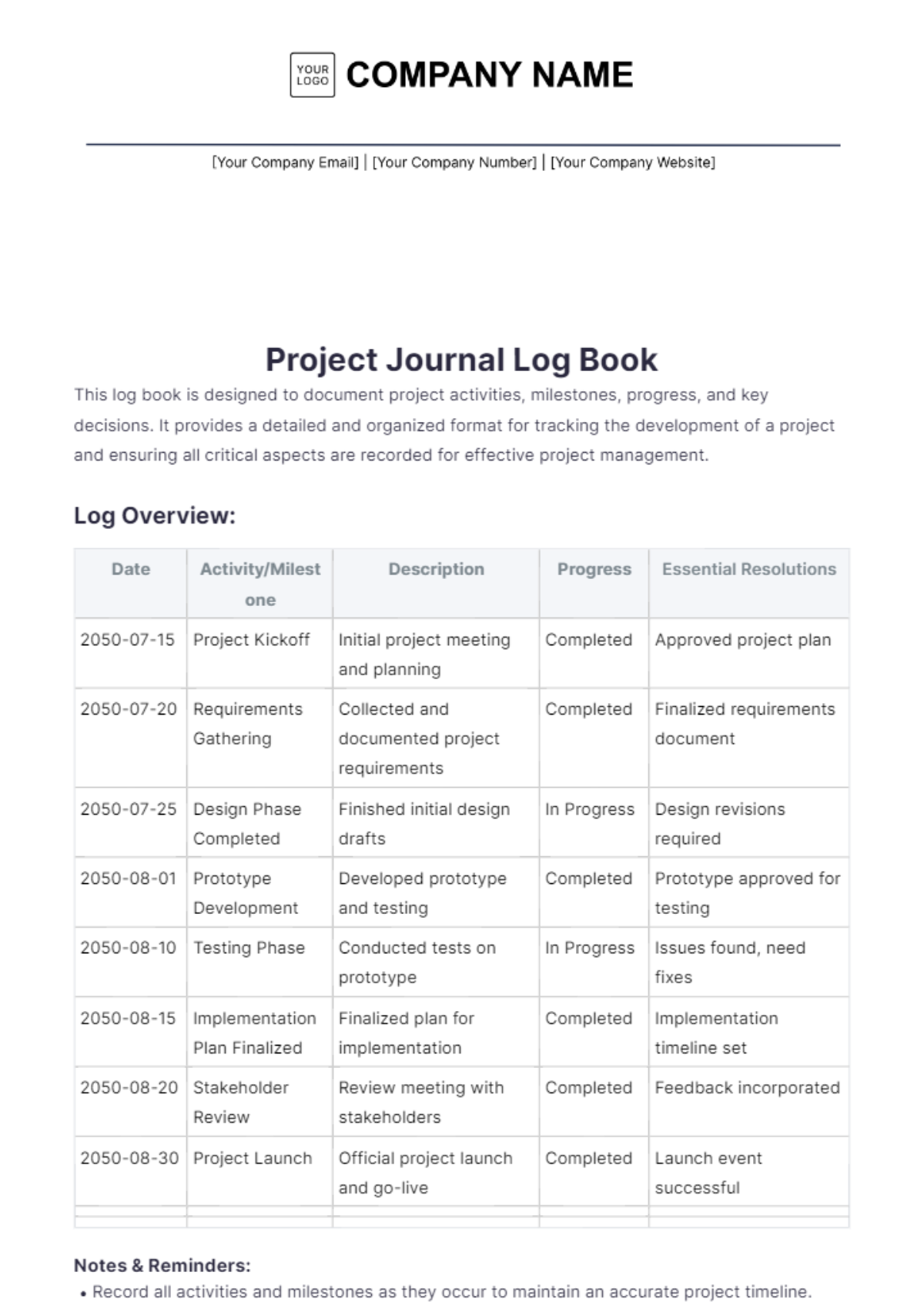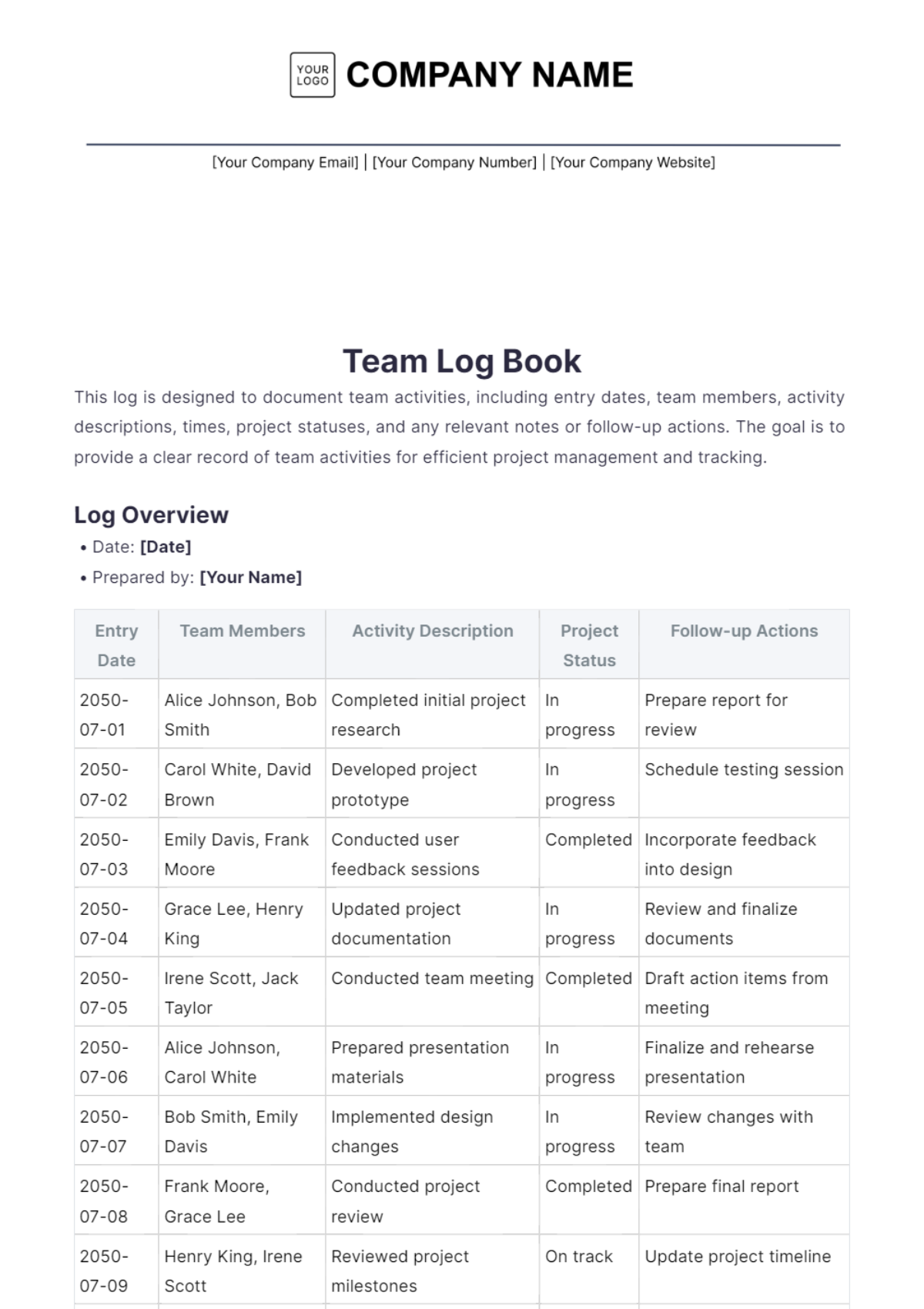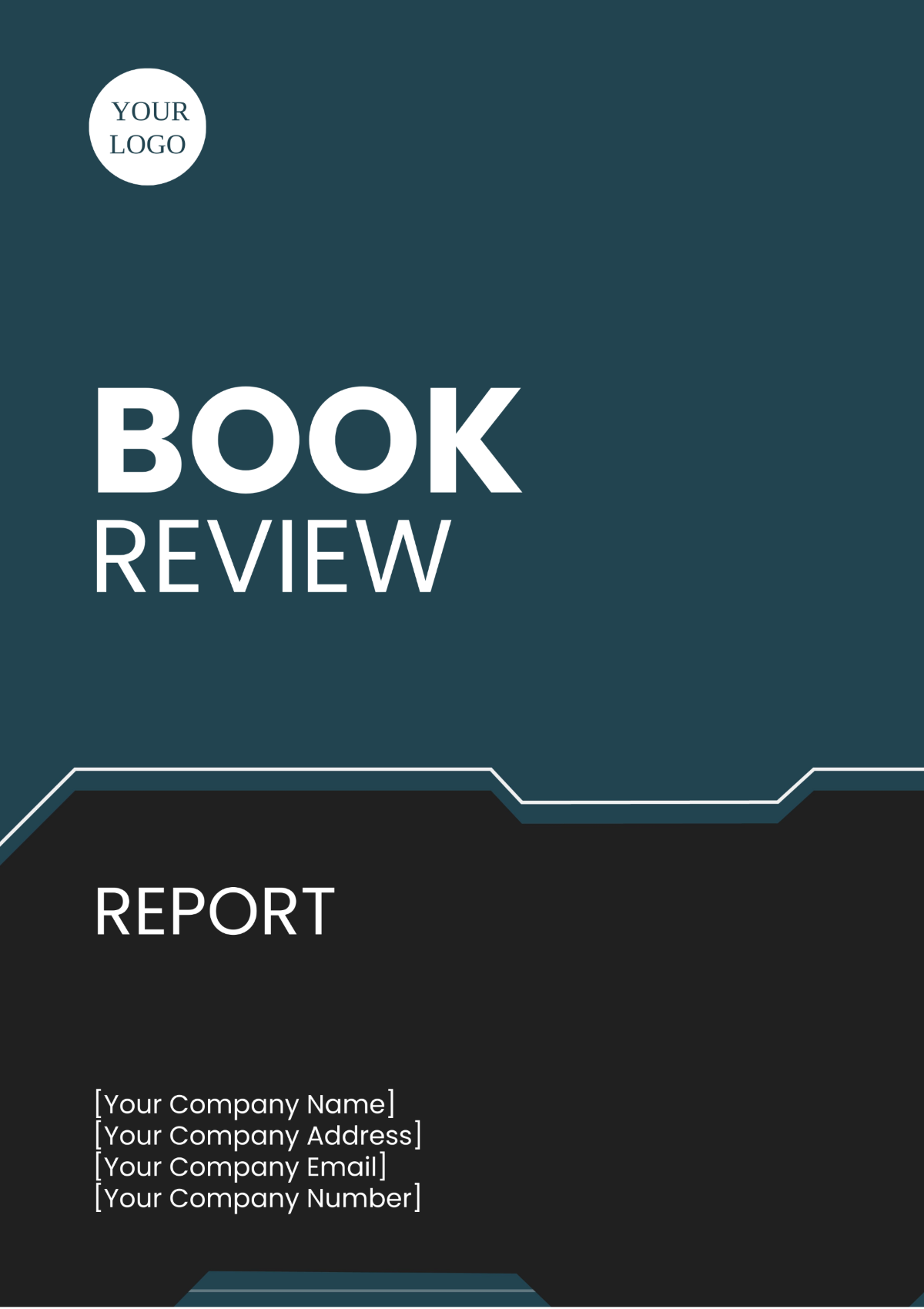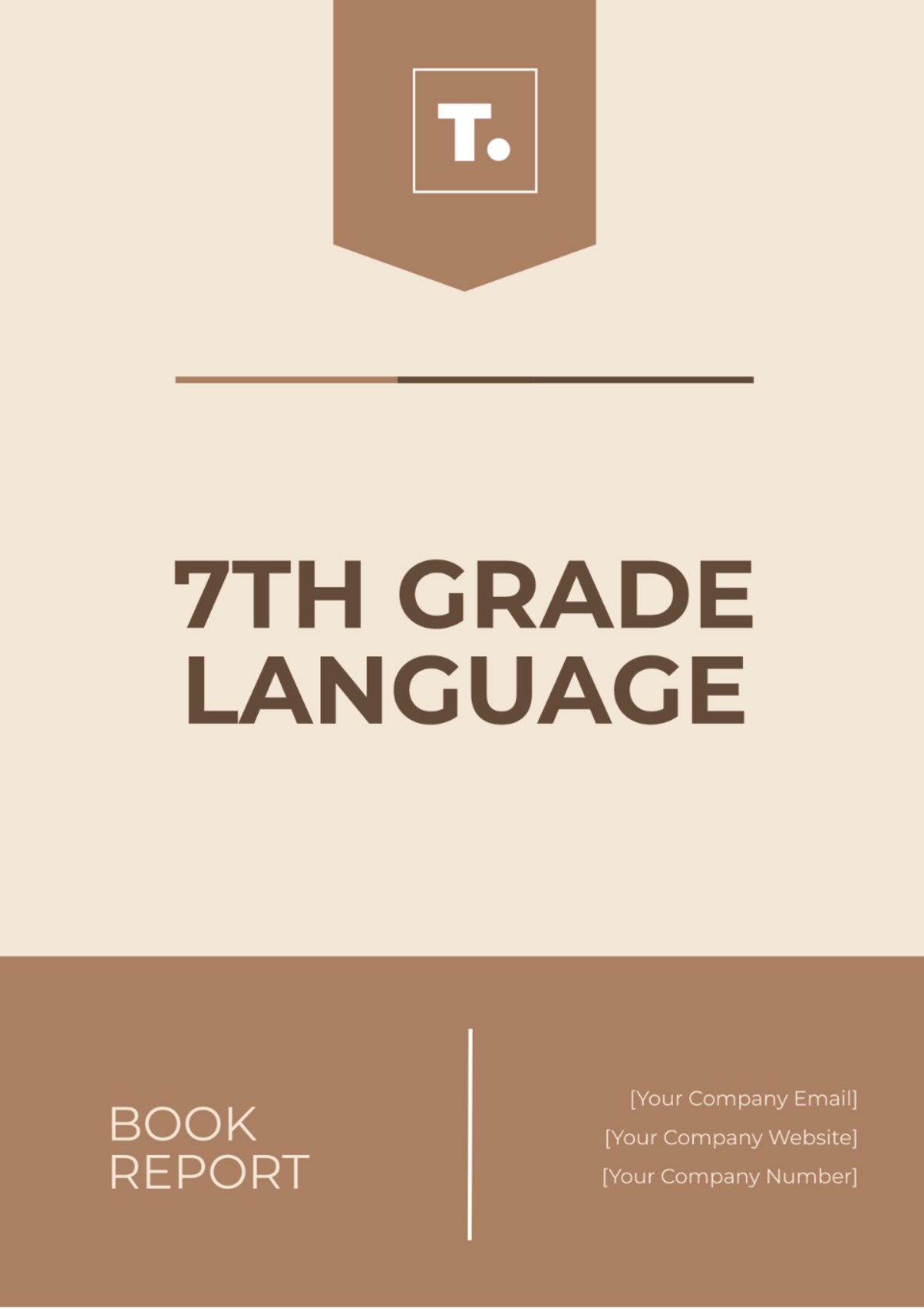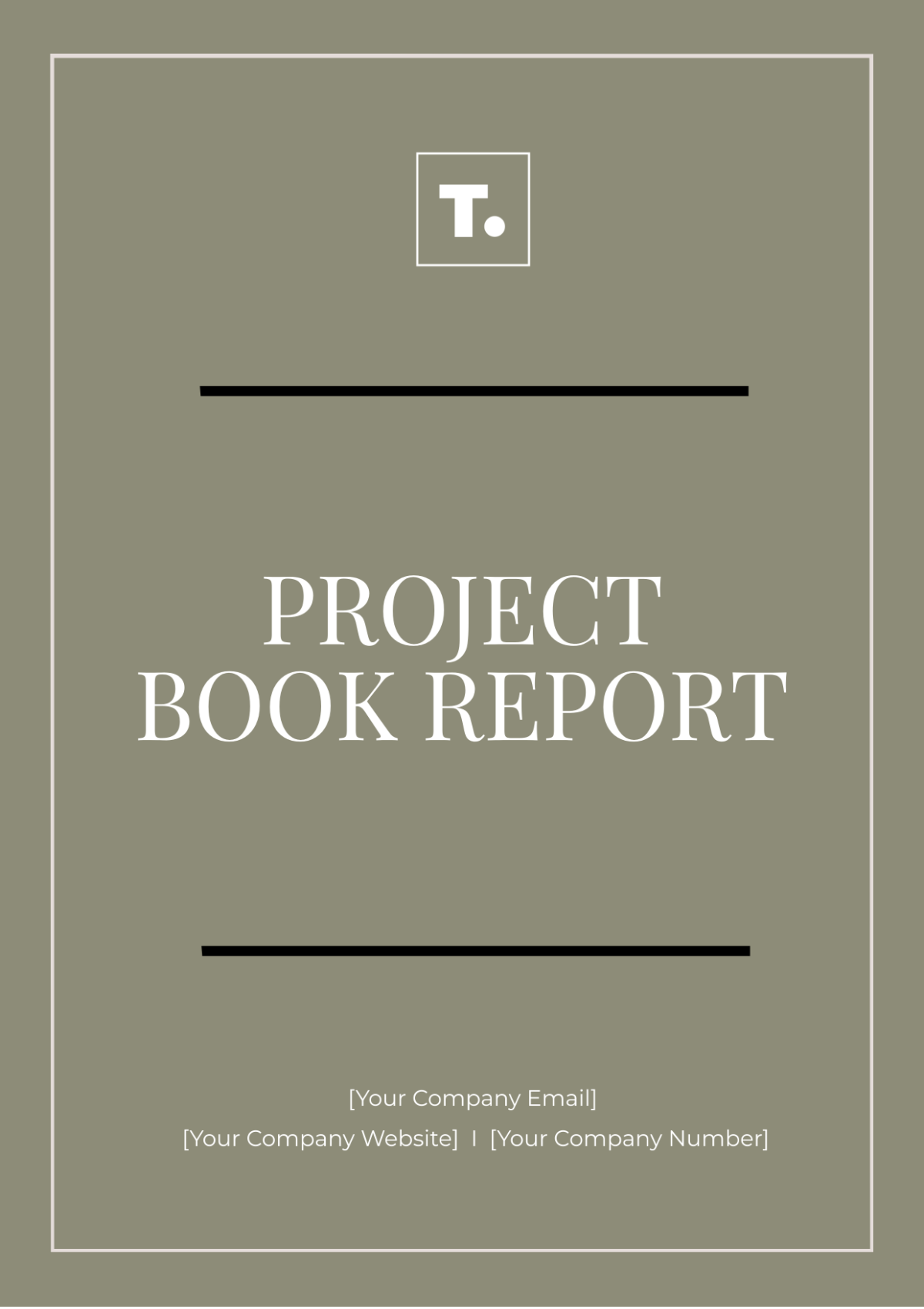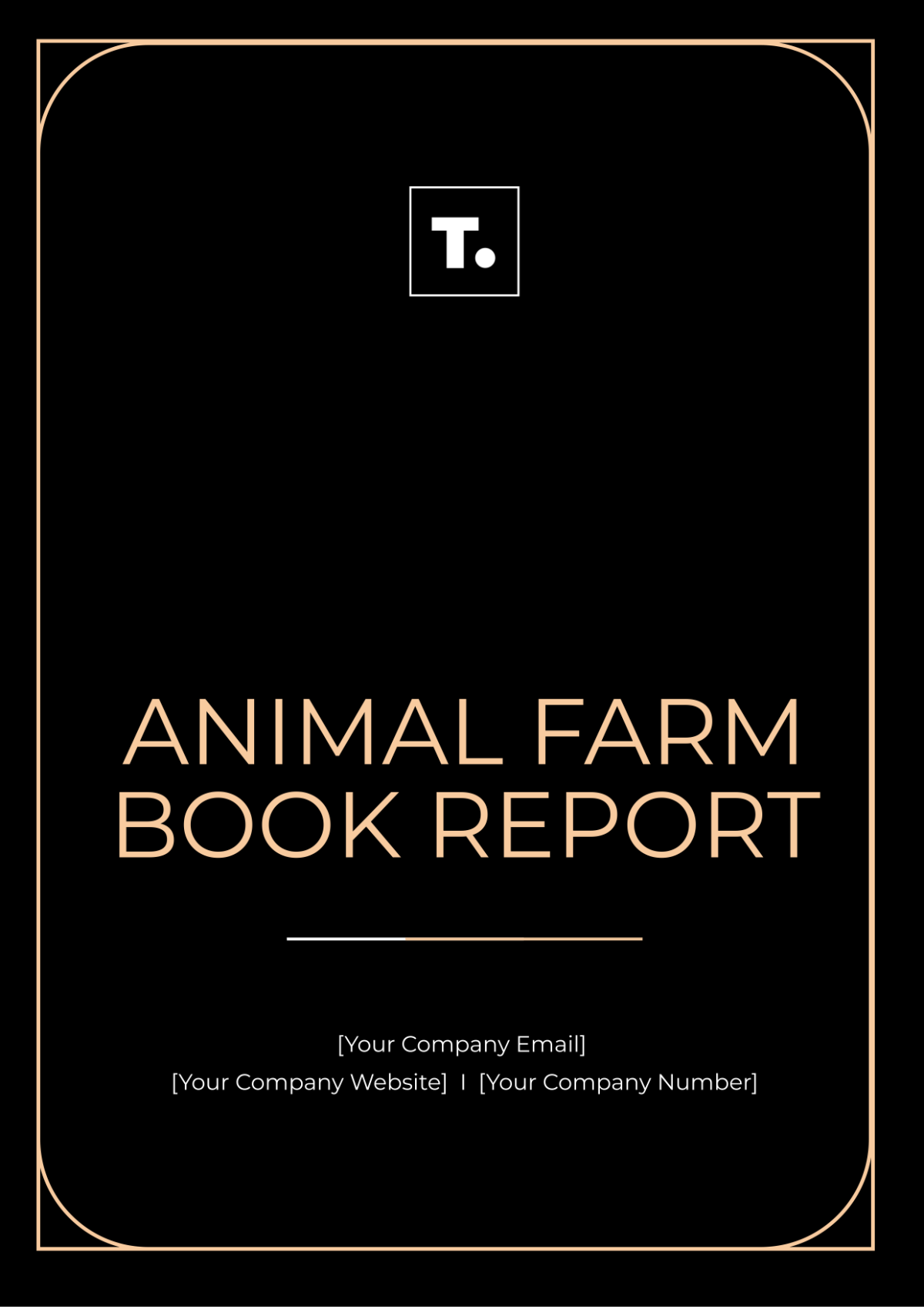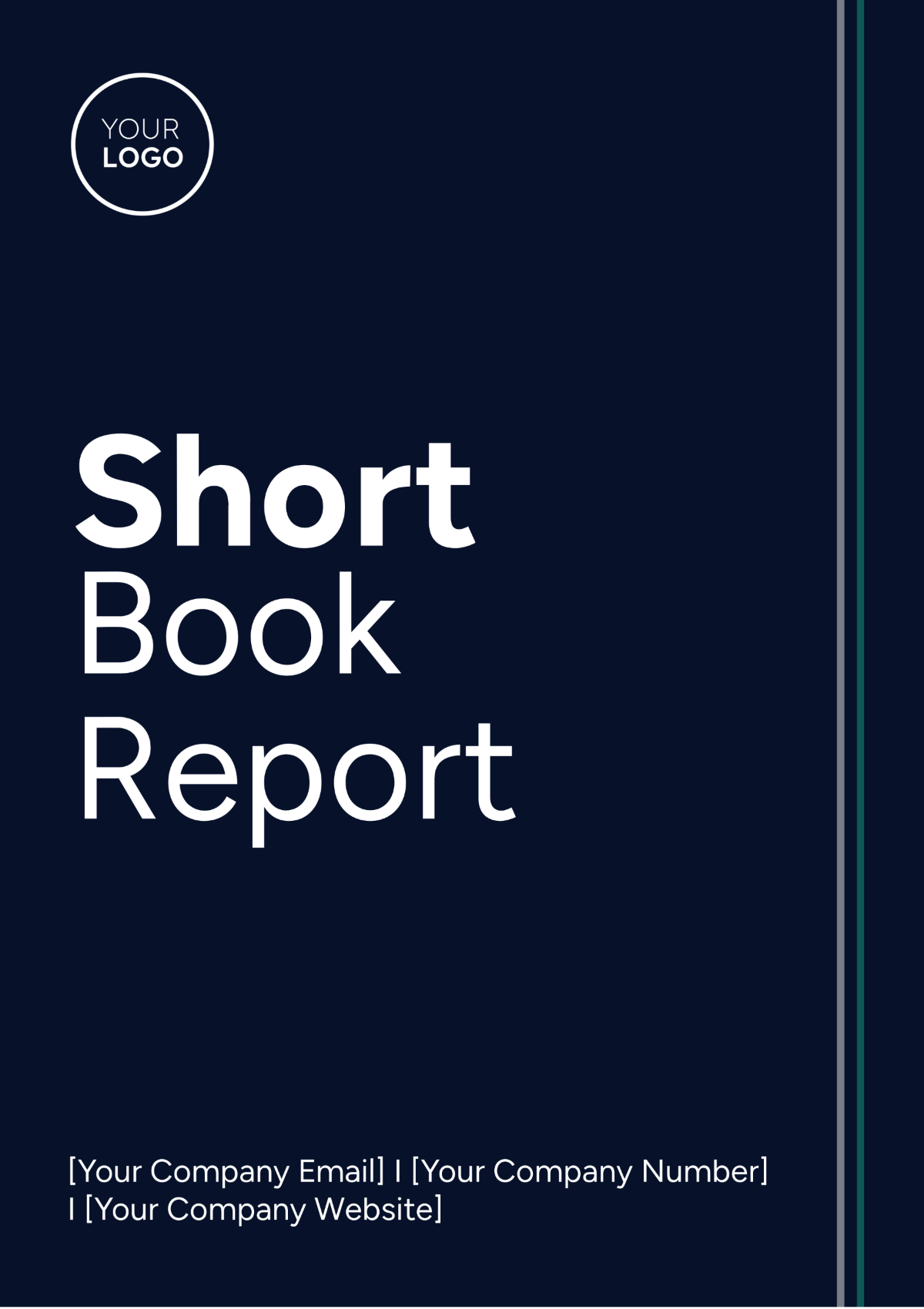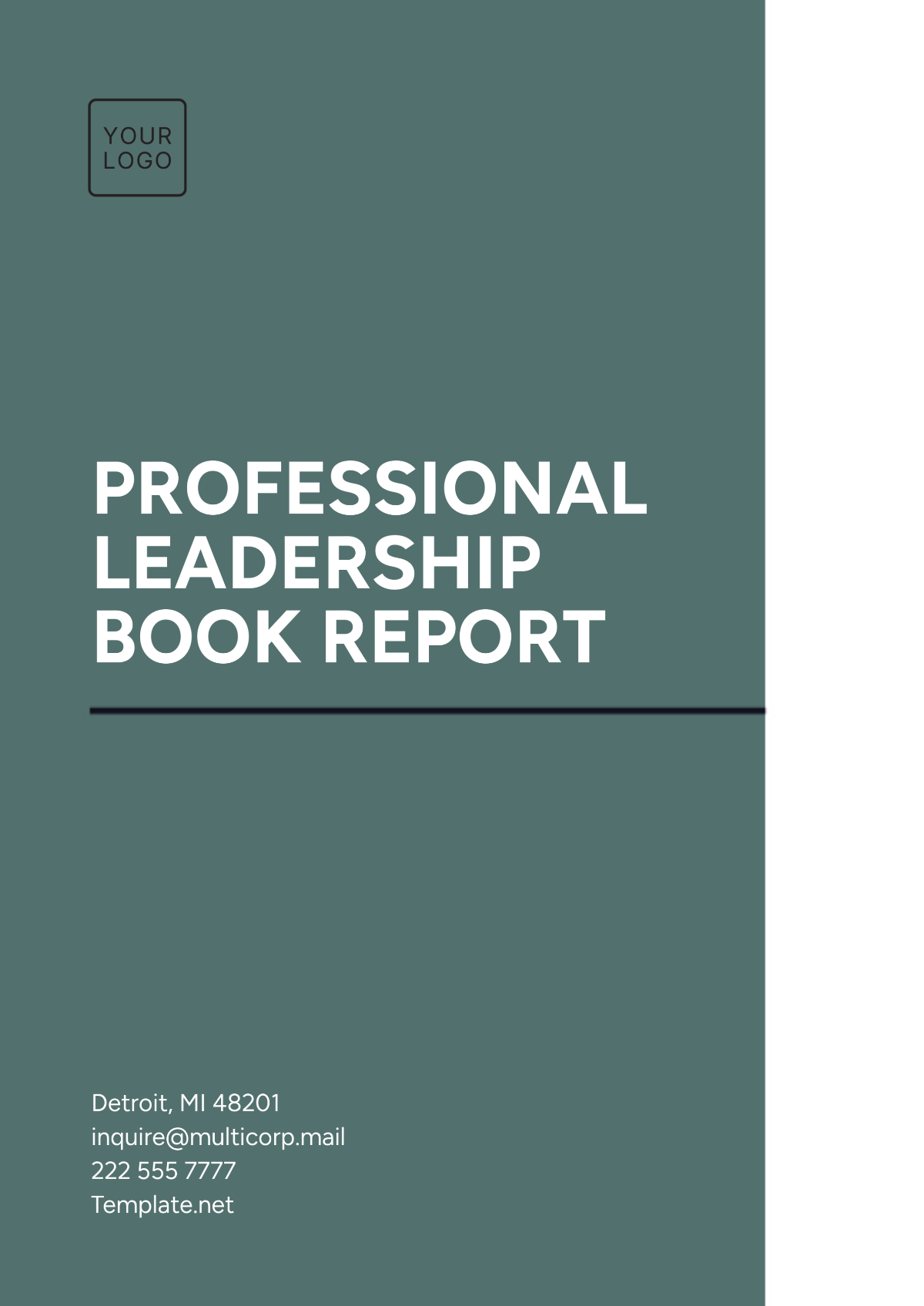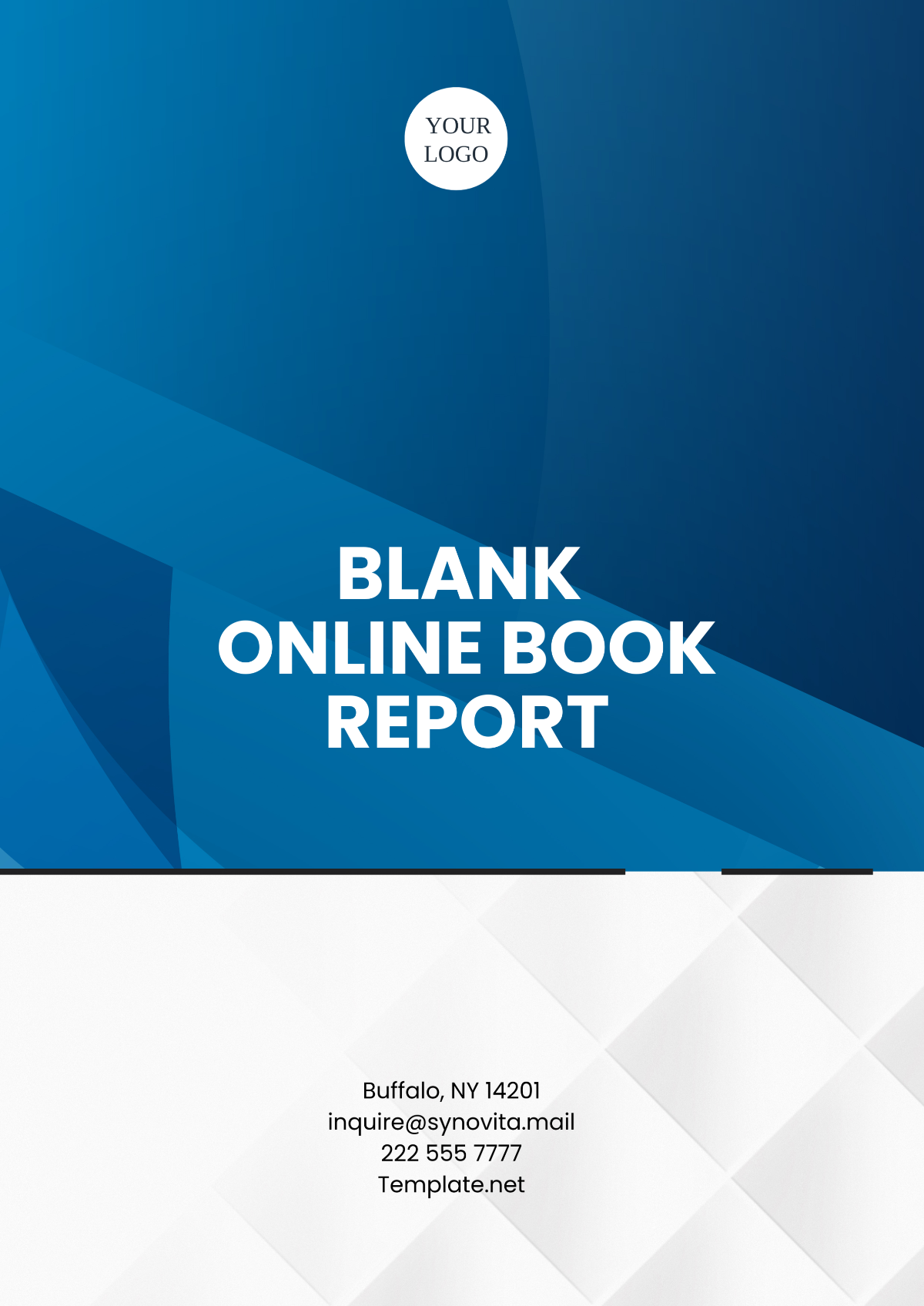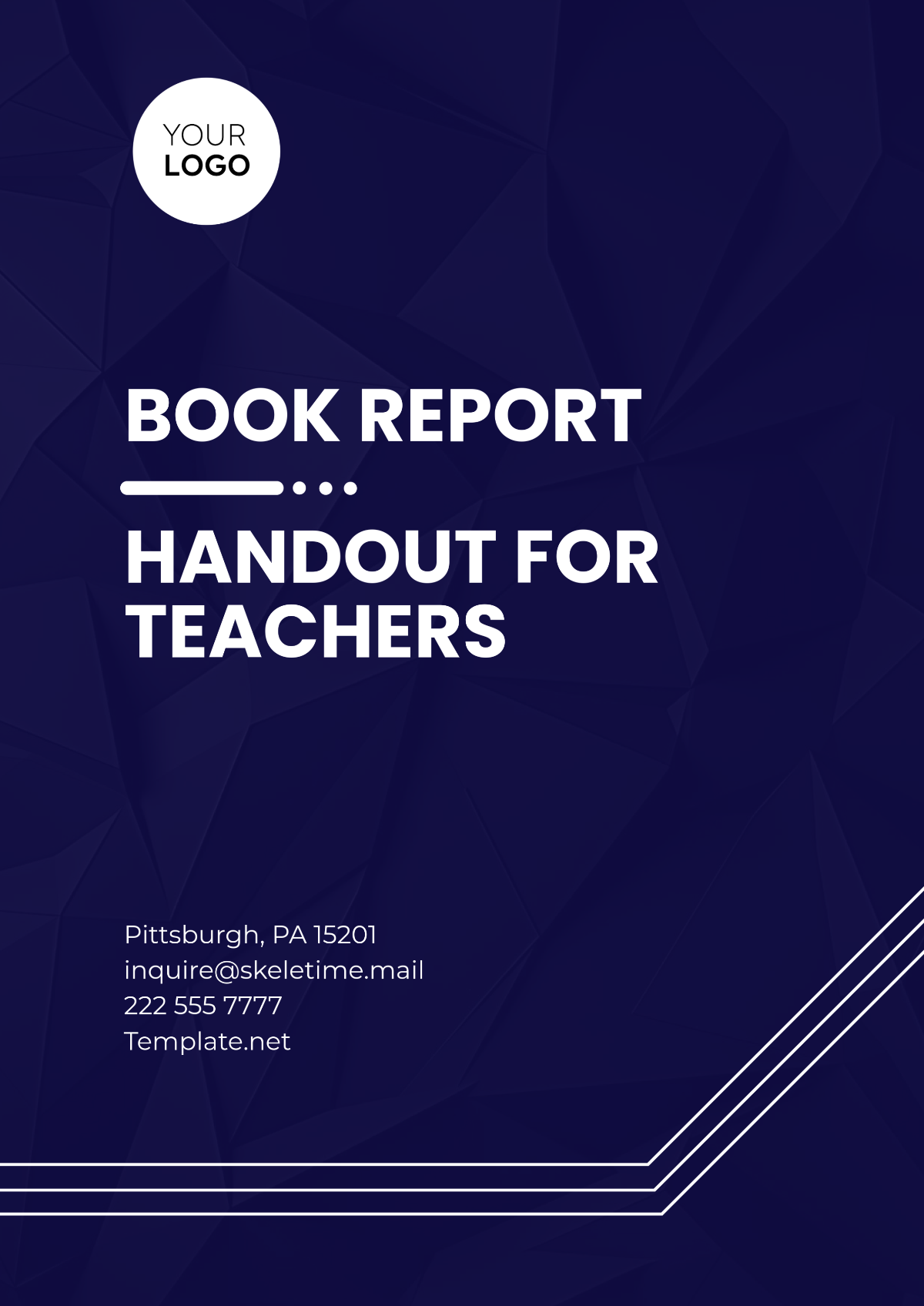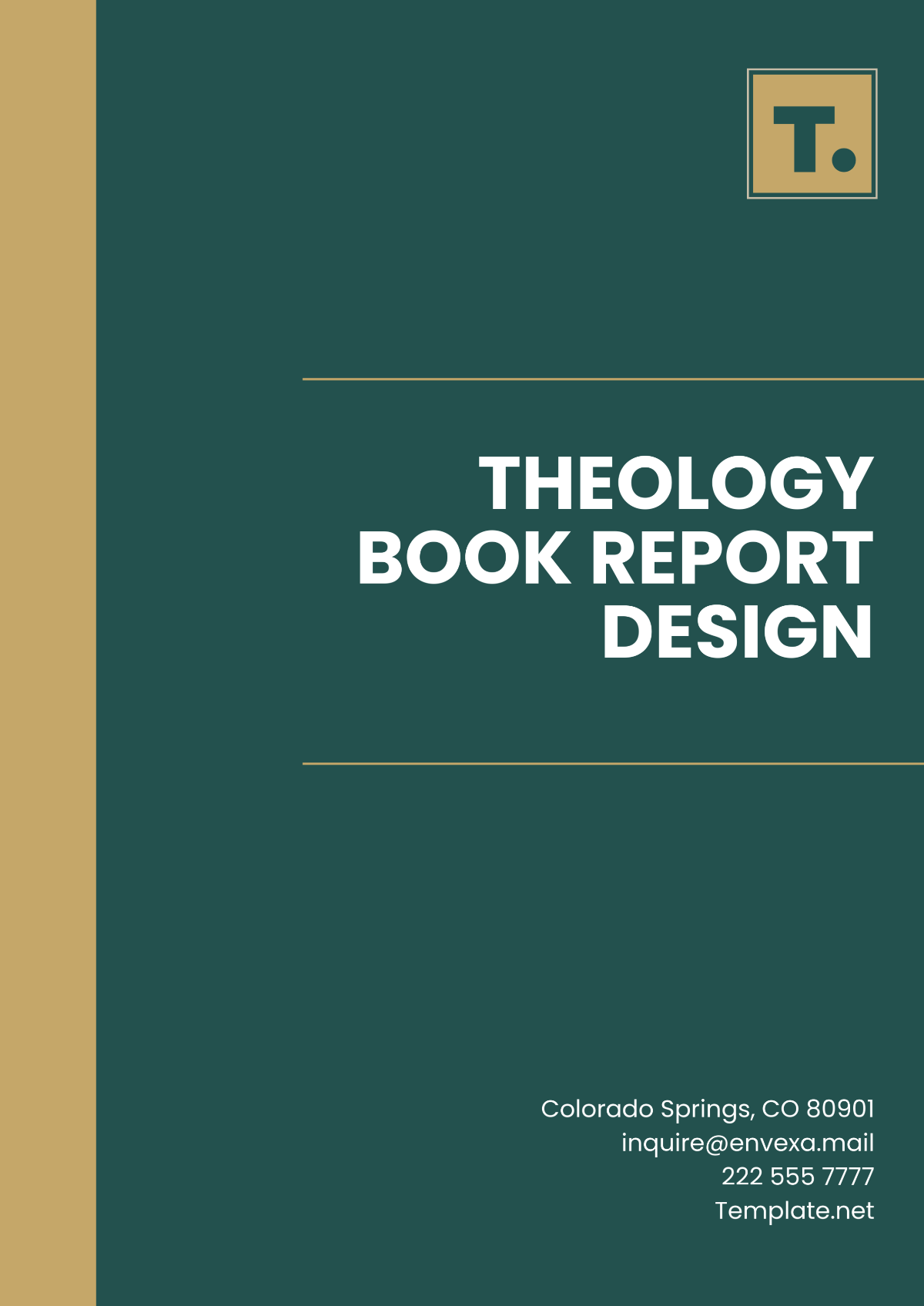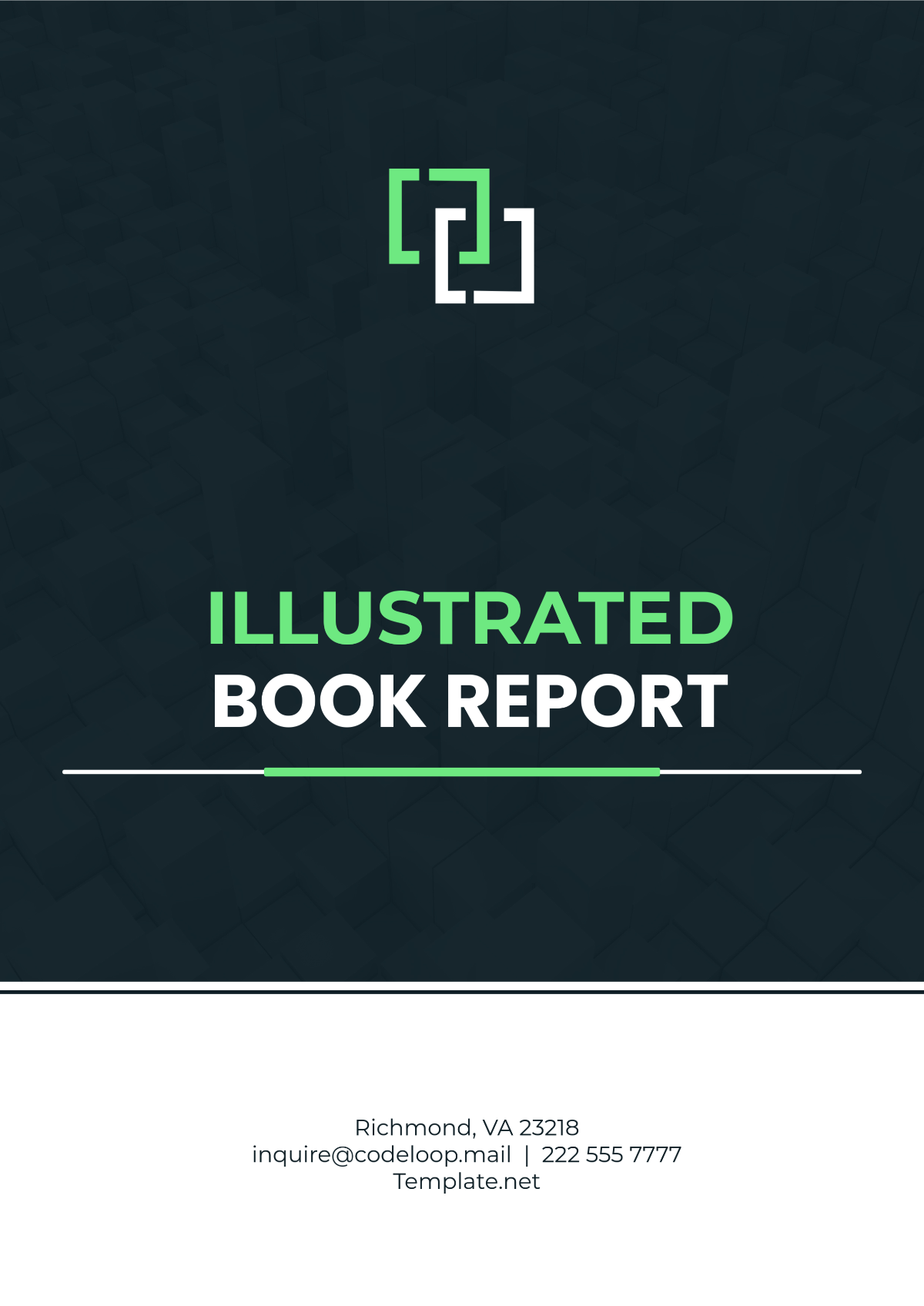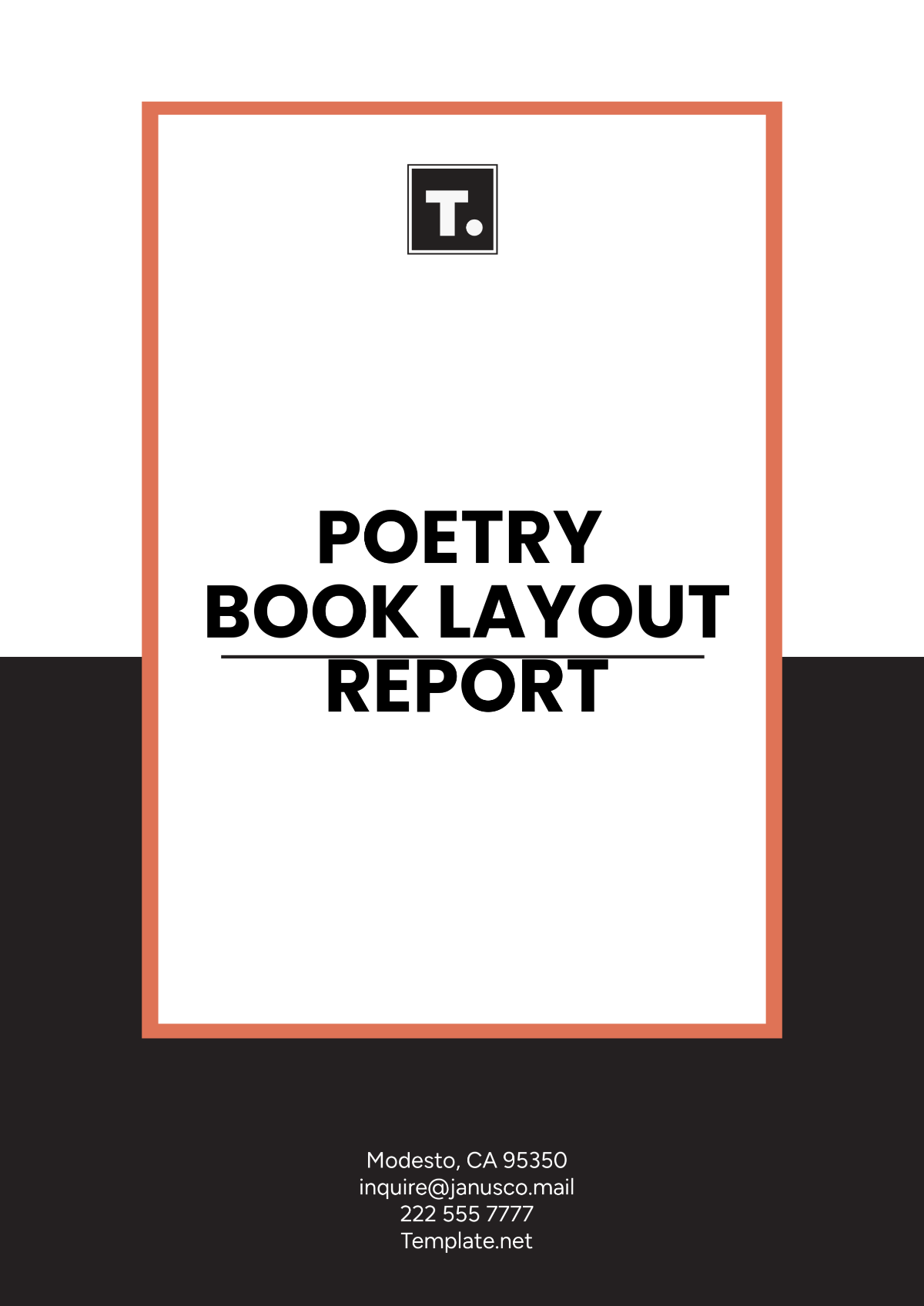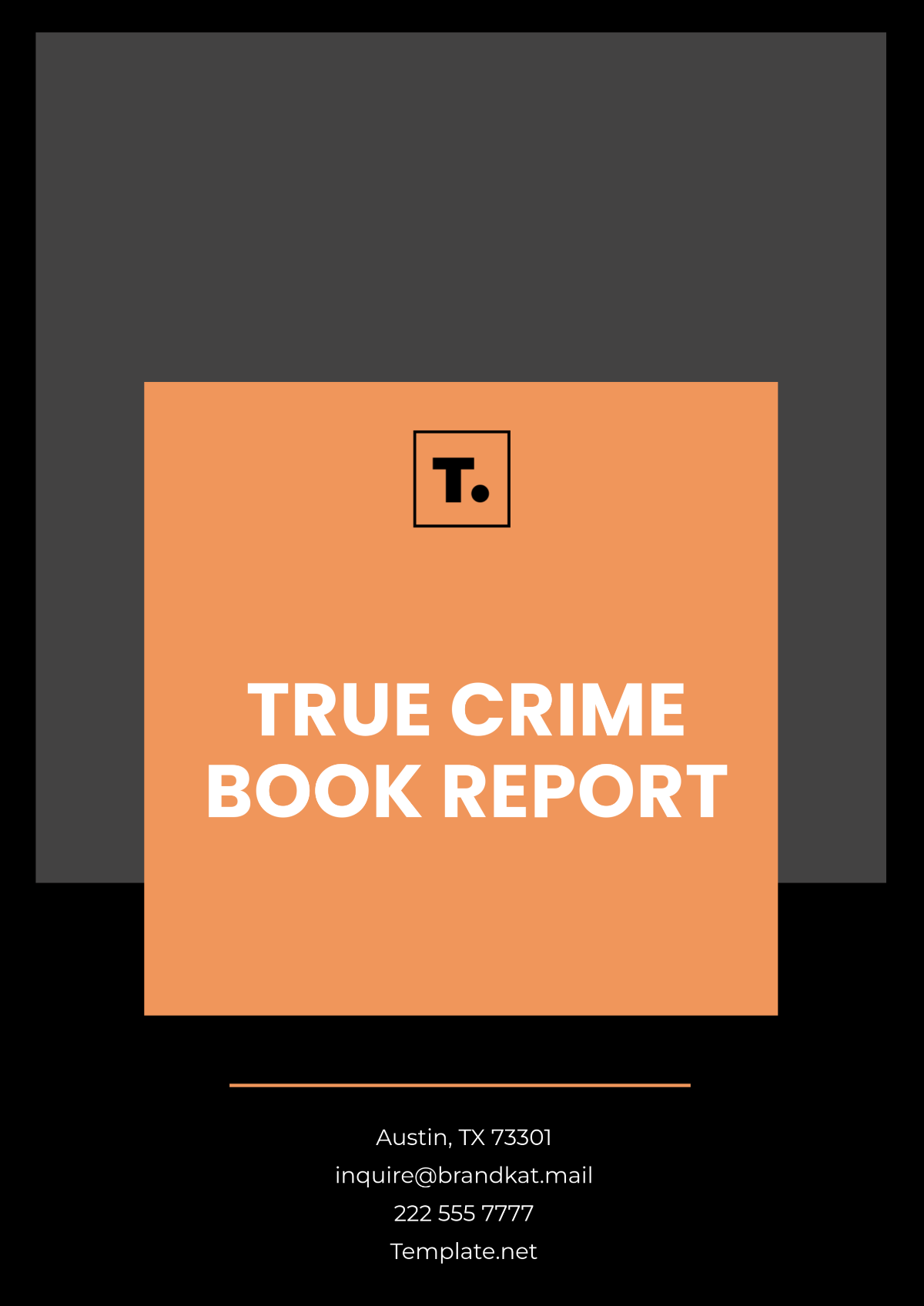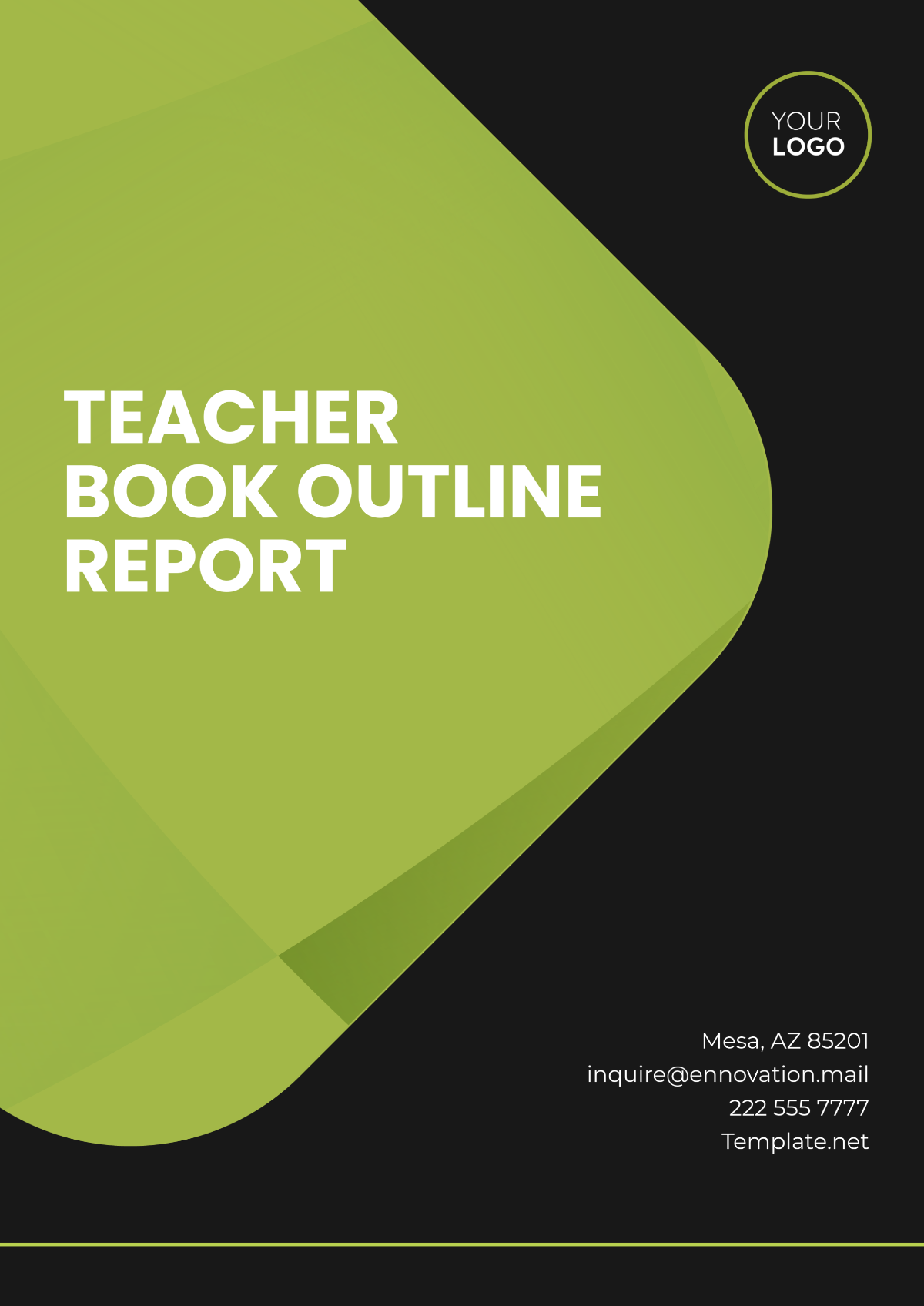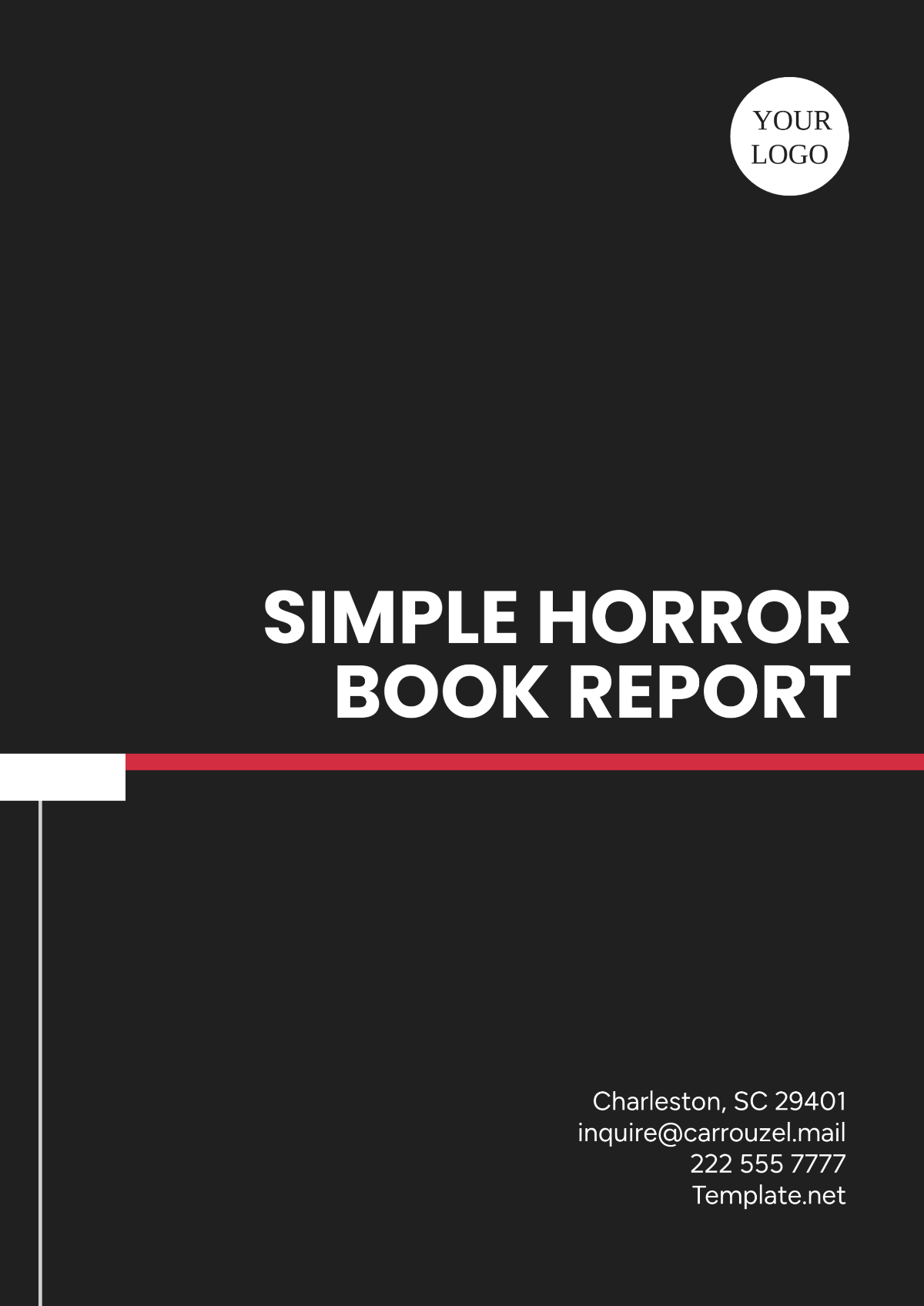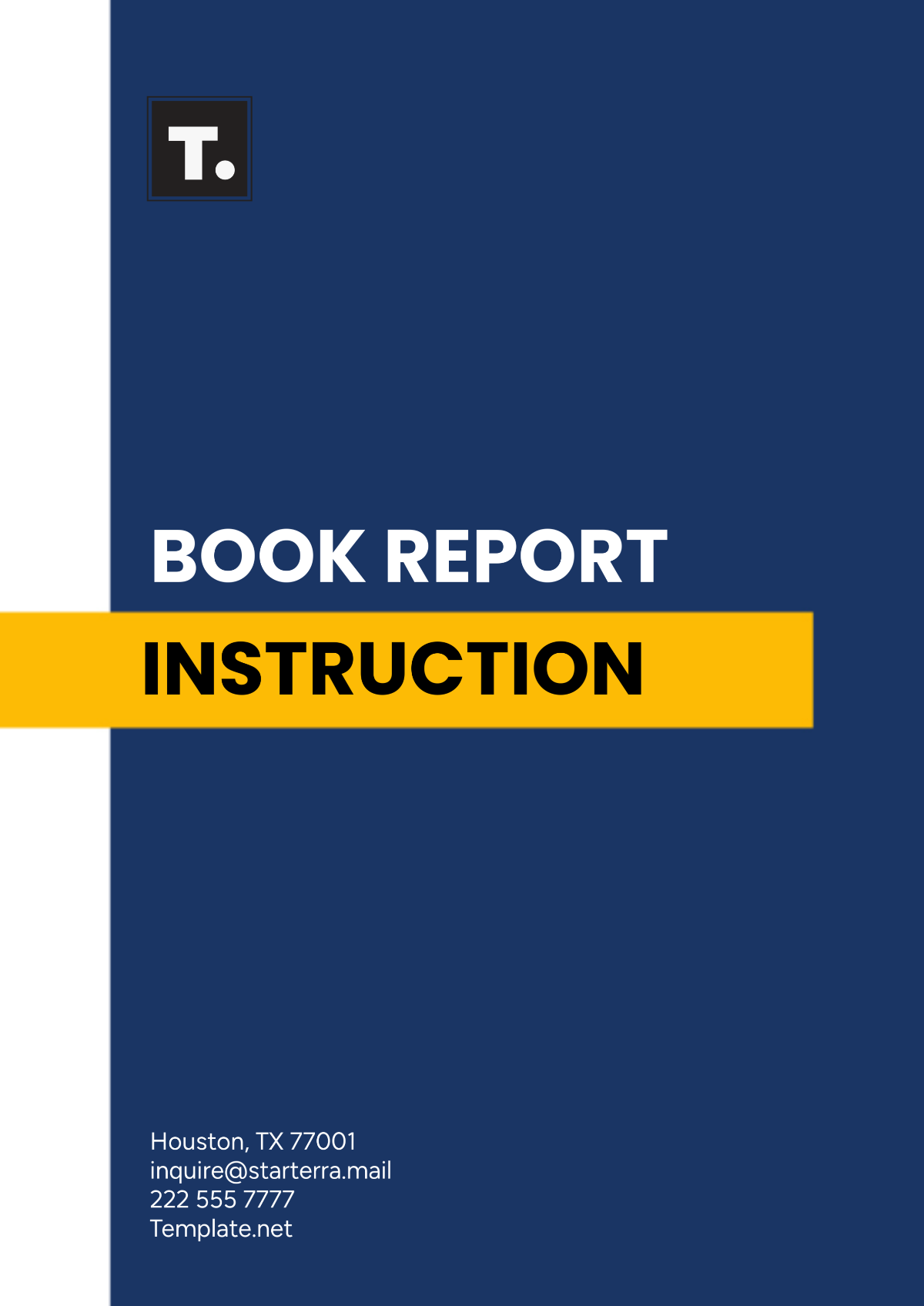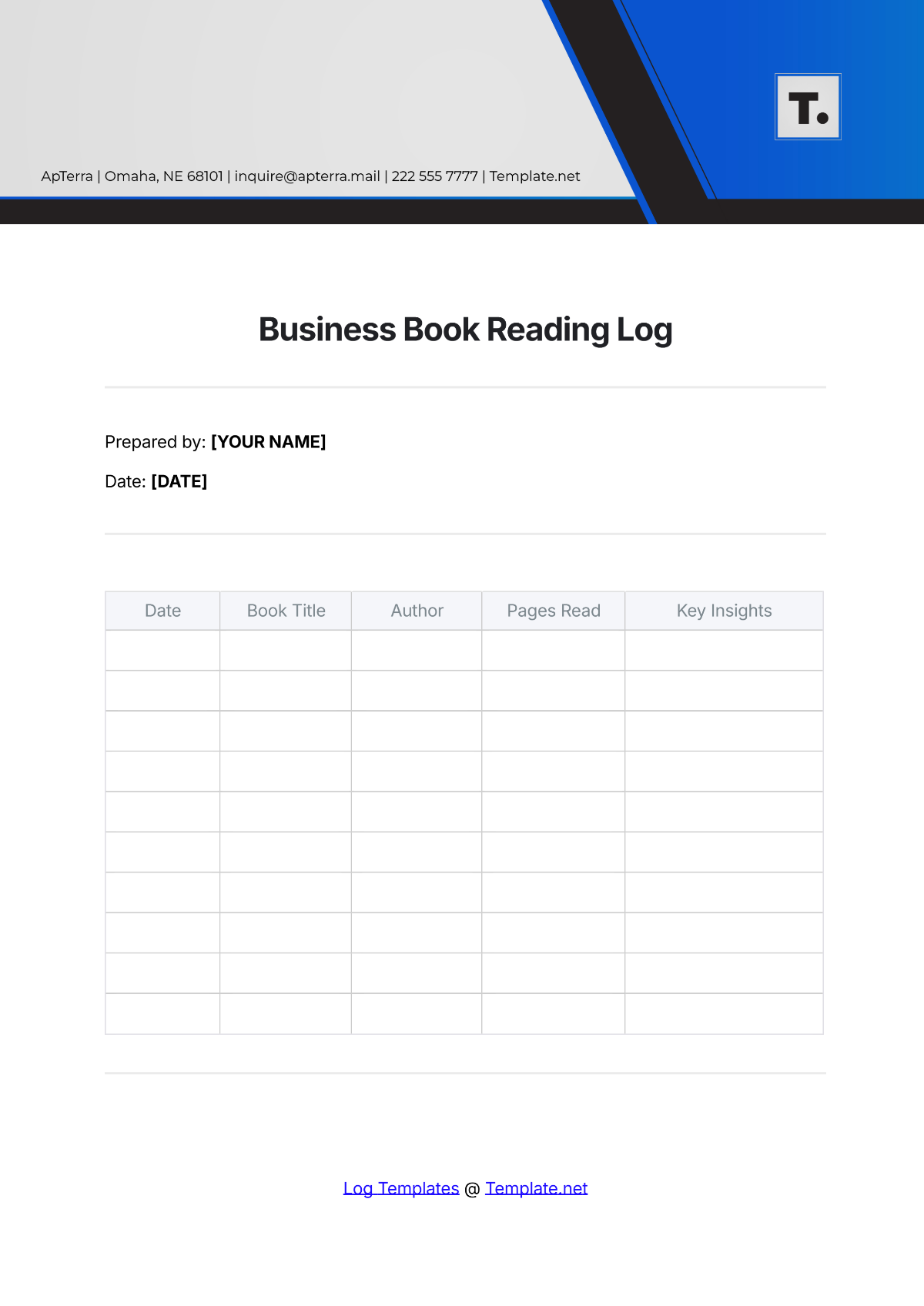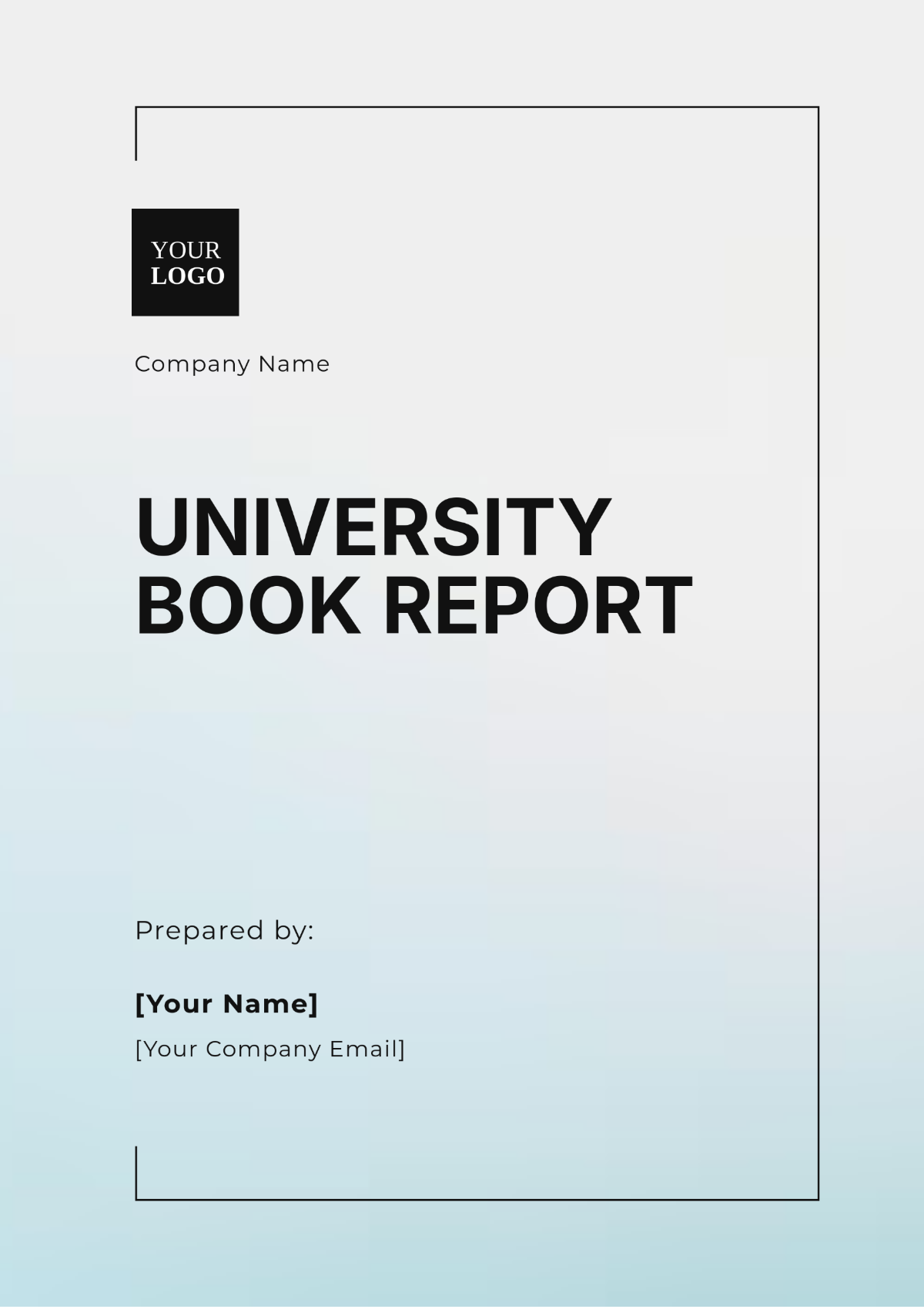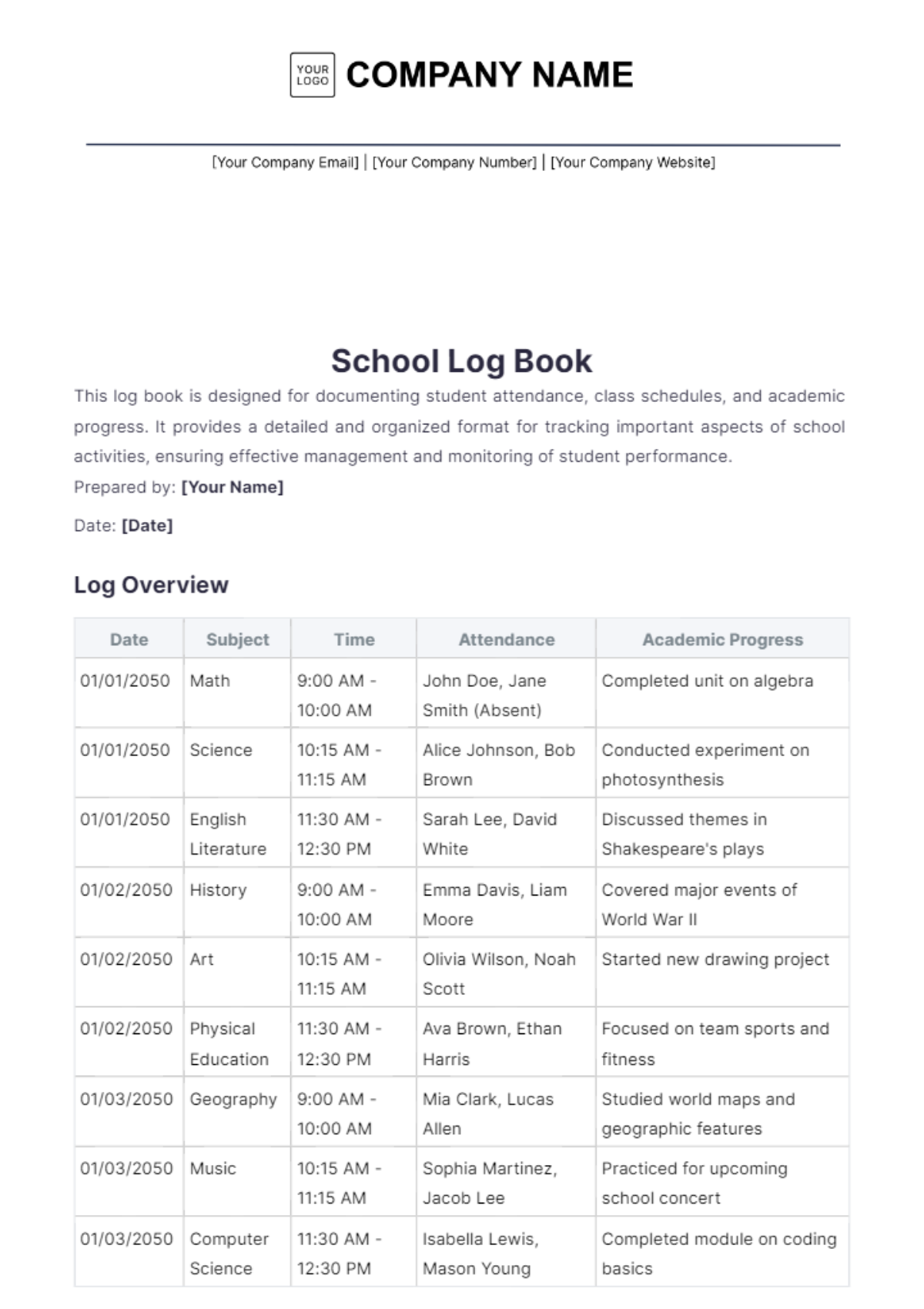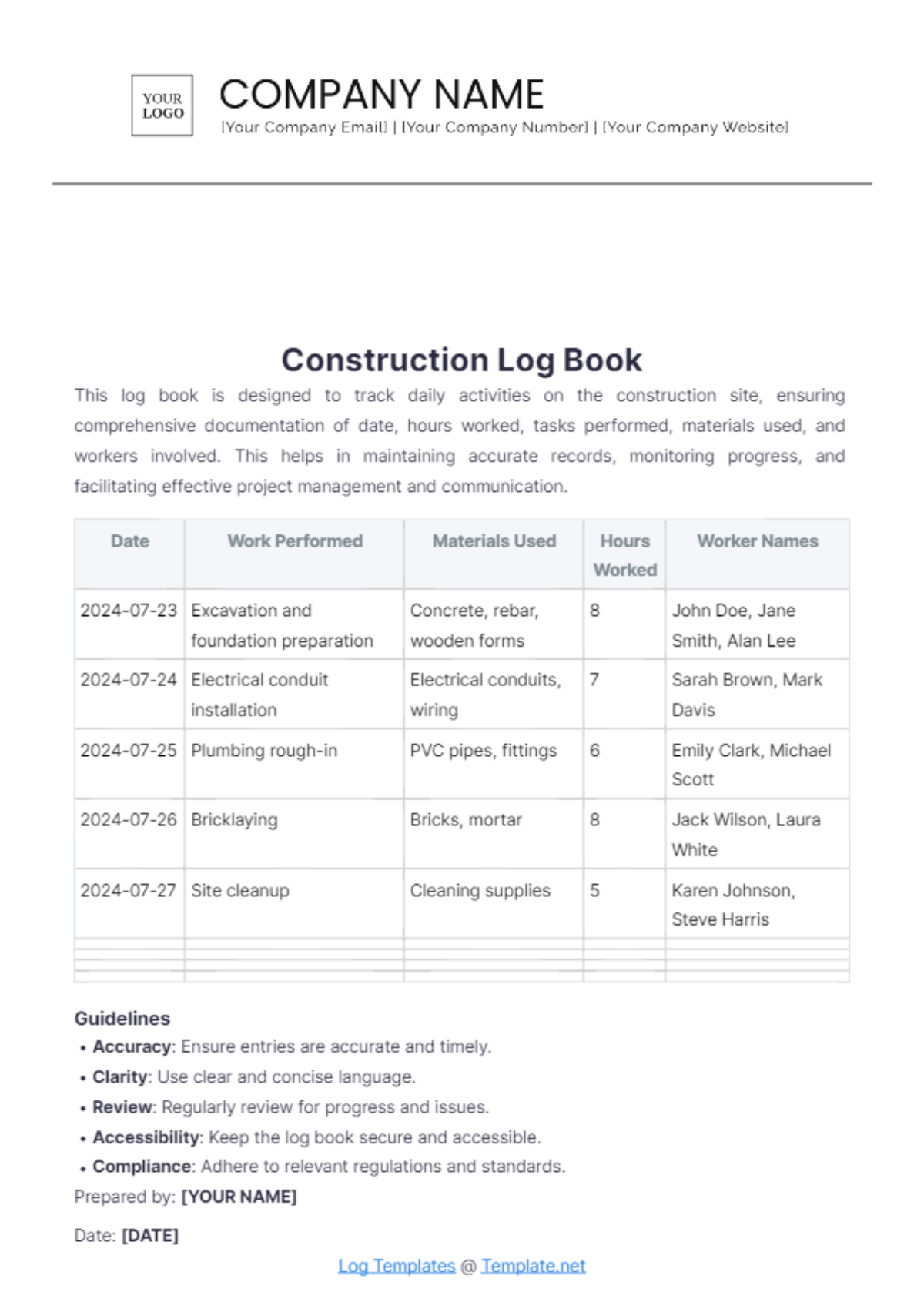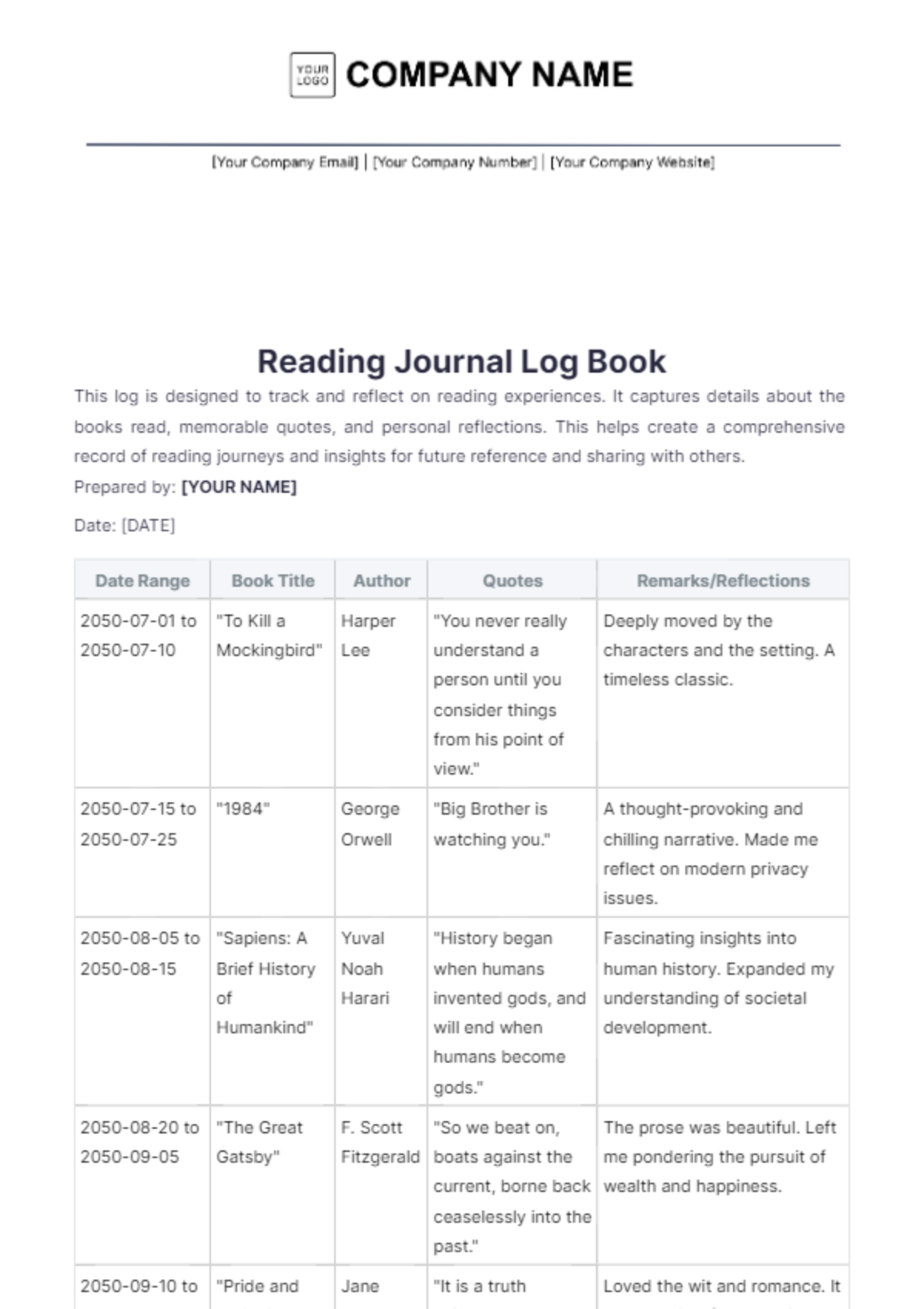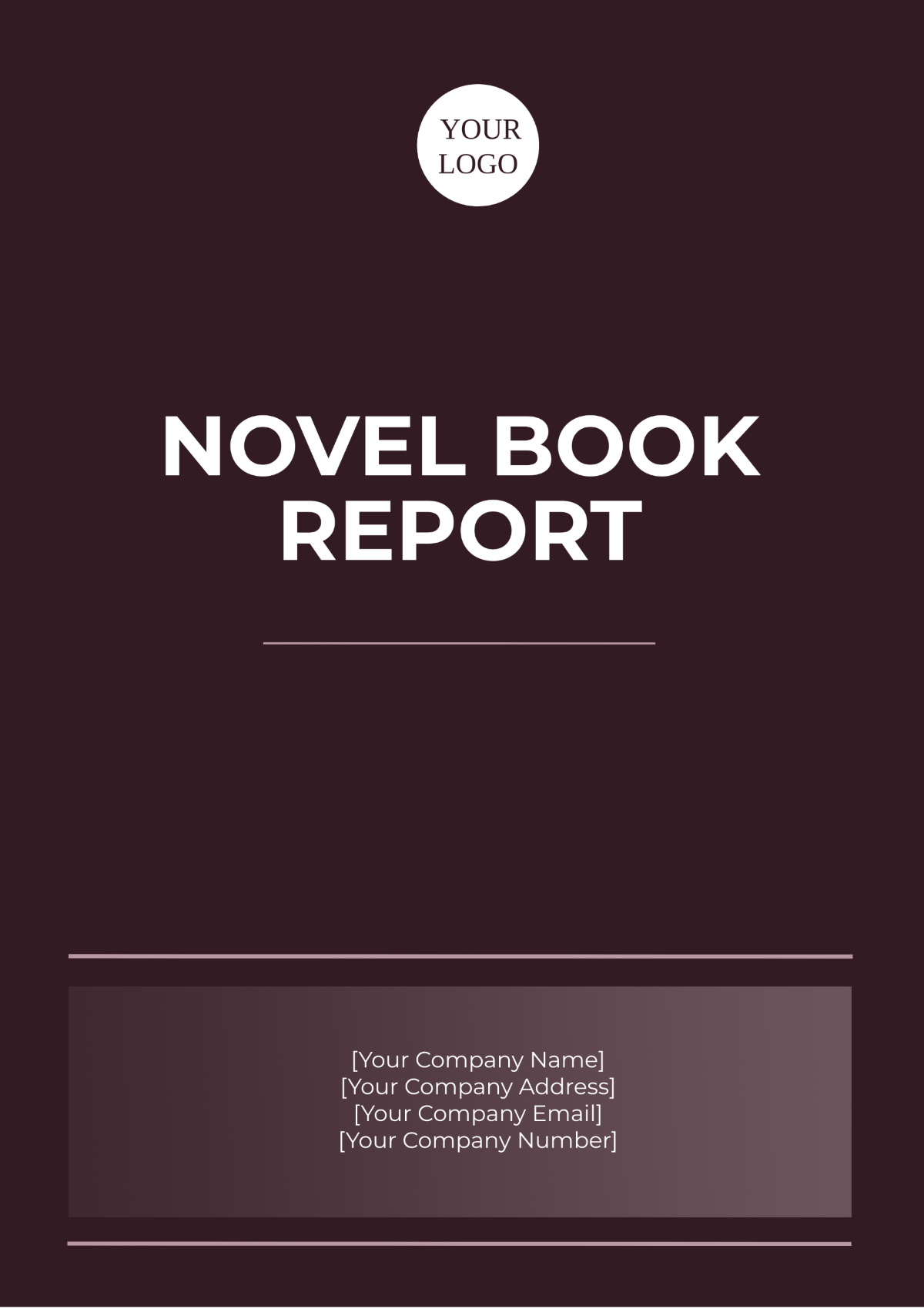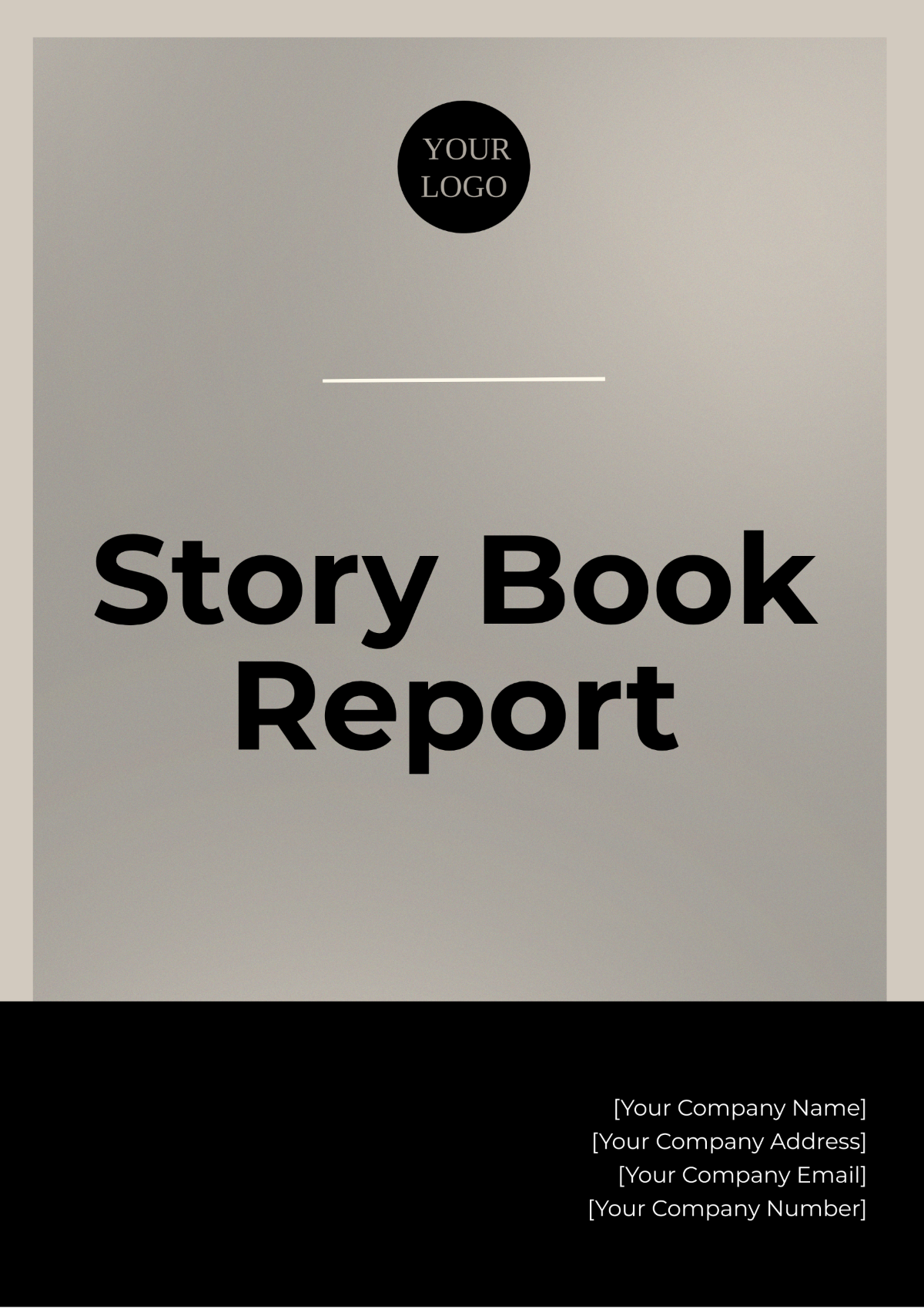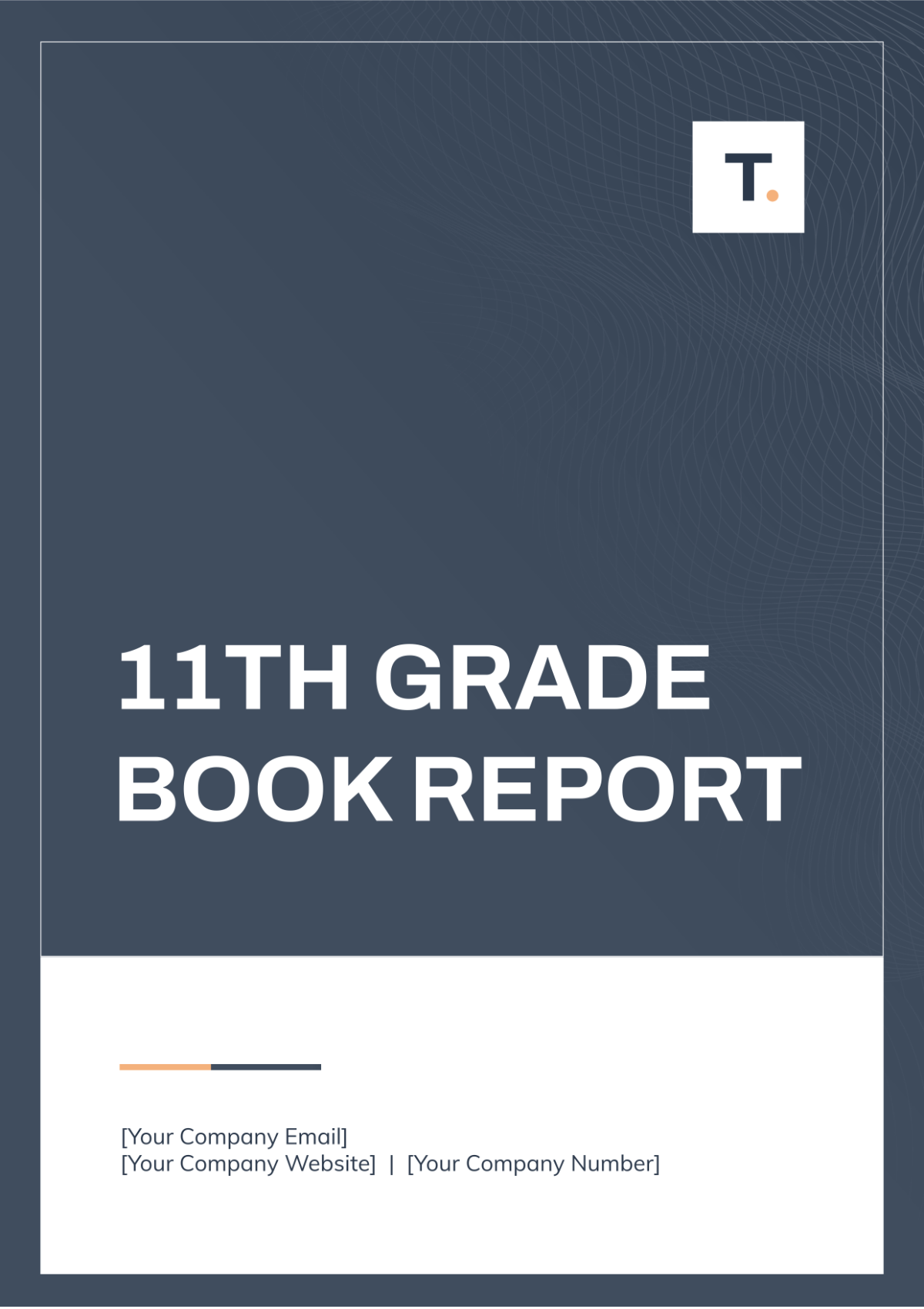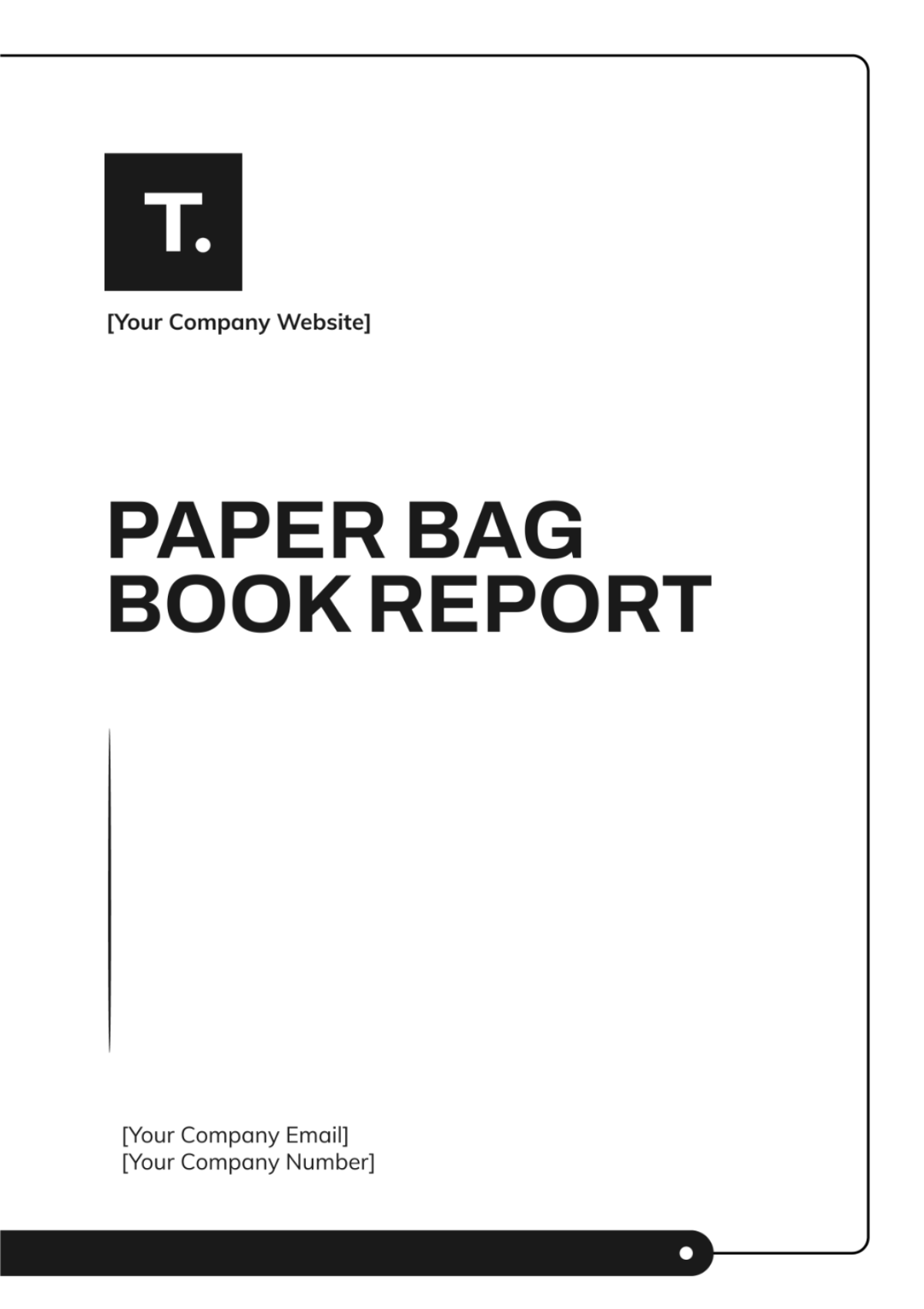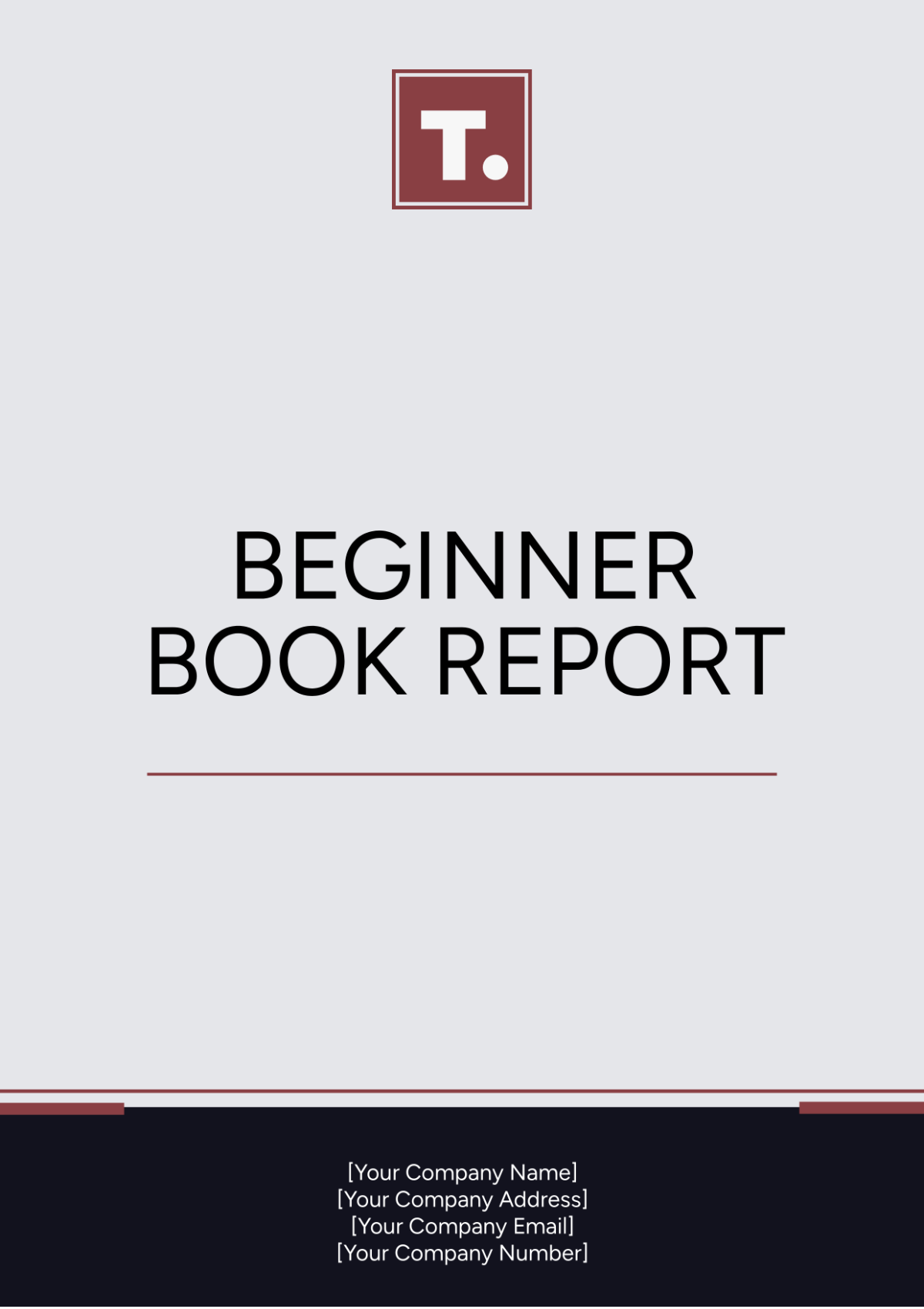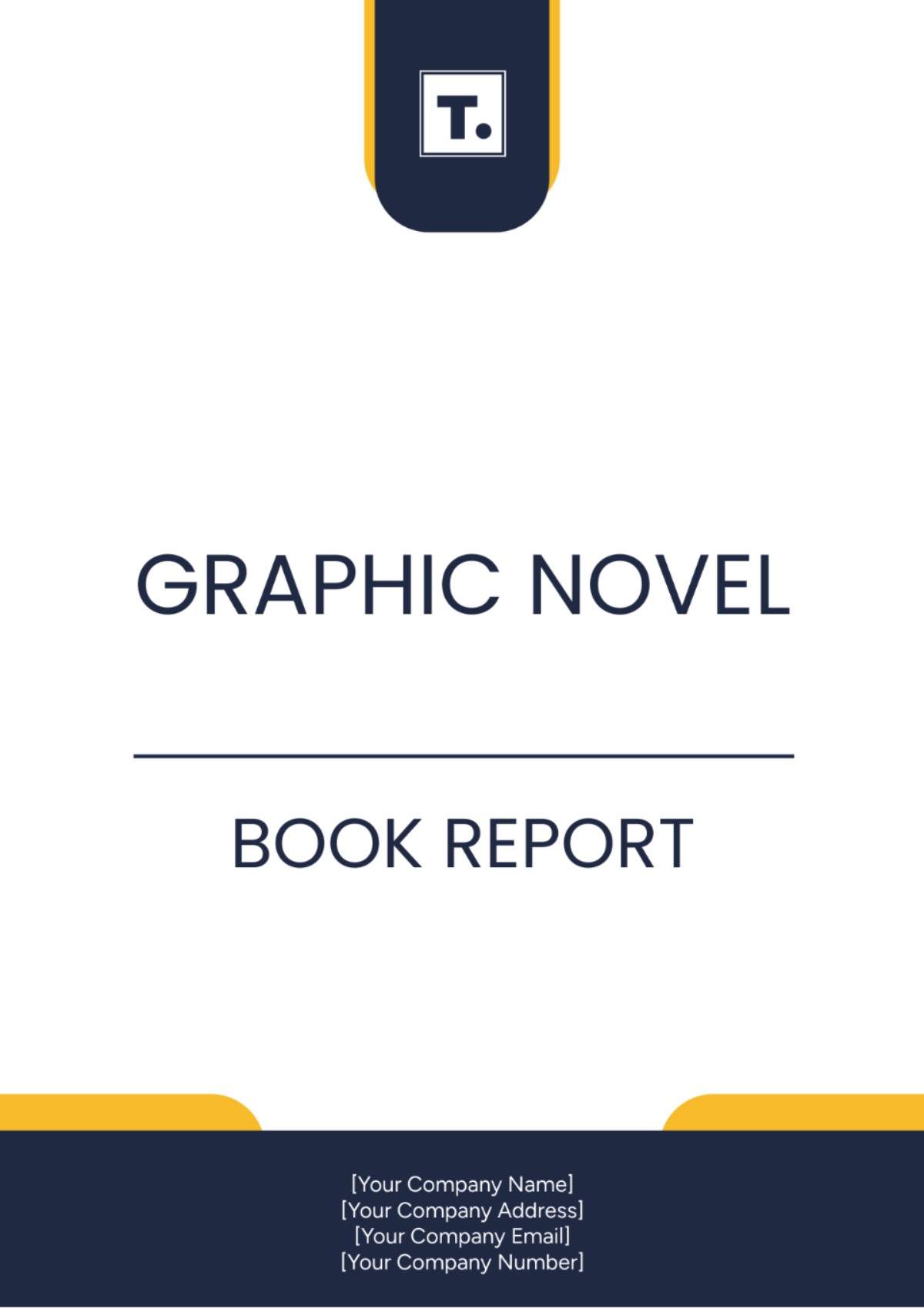Comparative Thematic Book Report
Prepared by:
[YOUR NAME]
[YOUR COMPANY NAME]
Introduction
In the realm of dystopian literature, 1984 by George Orwell and Brave New World by Aldous Huxley stand as monumental works that critique society's potential future, focusing on the consequences of political control, individual autonomy, and the human spirit. While both novels present distinct visions of oppressive futures, their thematic exploration diverges in how power is exerted over individuals and the methods used to suppress free will. This comparative thematic report examines key themes in both novels, exploring the nature of totalitarianism, the role of technology, and the tension between individualism and societal control.
Key Themes Explored in Both Works
1. Totalitarian Control
Both 1984 and Brave New World portray oppressive regimes that exercise absolute control over their citizens. However, Orwell’s depiction in 1984 is one of overt, brutal authoritarianism, where the Party maintains power through fear, surveillance, and violence. The Thought Police, a secretive agency, monitors citizens’ thoughts, ensuring no one steps out of line, while physical punishment and execution are common means of enforcement.
In contrast, Huxley’s Brave New World presents a more insidious form of control through pleasure, consumerism, and psychological manipulation. Citizens are conditioned from birth to accept their roles in society, and their happiness is maintained through the use of a drug called soma, which dulls any potential discontent. The government does not need to use violence to suppress rebellion; instead, it eradicates dissatisfaction by offering a constant stream of artificial pleasure and a lack of deeper intellectual pursuits.
While Orwell’s regime controls through fear, Huxley controls through comfort, highlighting the different ways a government can manipulate society for its ends.
2. The Role of Technology
Technology plays a pivotal role in both dystopian societies, but its use is fundamentally different in each. In 1984, technology was a tool for oppression and surveillance. The telescreens, a technology used to broadcast propaganda, also serve as tools for constant surveillance, ensuring that every citizen’s behavior is monitored. The Party's use of technology is about control—suppressing independent thought and keeping the population in line with a narrative of total obedience.
In Brave New World, technology is applied in a more subtle way to manipulate the human psyche. Huxley introduces the concept of genetic engineering and the conditioning of infants through sleep-teaching. People are bred for specific societal roles and conditioned to accept their predetermined positions in life. While the technology is used to make the population compliant, it also ensures that individuals are incapable of questioning their existence. Technology here is a means to enhance comfort and ease, erasing any notions of struggle or individual effort.
Both authors emphasize the potential dangers of technological advancements, but Orwell’s technology is used to control the body and mind through fear, whereas Huxley’s is used to control the mind through comfort and distraction.
3. Individualism vs. Societal Control
The tension between the individual and the collective is central to both novels. In 1984, Winston Smith, the protagonist, struggles against the Party’s totalitarian rule, yearning for freedom and truth. His rebellion is driven by his desire to think independently, even though he knows that the odds are stacked against him. Winston’s eventual capture and reeducation by O’Brien demonstrate the overwhelming power of the state to crush any individual attempt at autonomy. The loss of Winston’s identity symbolizes the death of personal freedom under totalitarian rule.
In Brave New World, the struggle between individualism and control takes on a different form. John the Savage, raised outside the World State, embodies the ideals of individuality, purity, and emotional depth. His clash with the society that prioritizes shallow pleasures and conformity exposes the emptiness of a life without personal struggle or authentic emotion. However, John’s eventual tragic end symbolizes the difficulty of preserving individuality in a world that has eliminated personal conflict.
Both novels explore how societal control undermines individualism, but Huxley’s world is one of enforced happiness, while Orwell’s is one of persistent oppression.
Comparative Analysis of Themes
While both novels are deeply concerned with the loss of individual freedom, they approach the theme from opposite ends of the spectrum. 1984 is a chilling portrayal of a world where suffering and fear are used to maintain control, leaving little room for personal expression. Brave New World, on the other hand, suggests that the eradication of true emotional experience and the elimination of struggle can be just as dangerous. Huxley’s society has effectively created a population of contented, but intellectually stunted individuals who lack the will to challenge their world.
Both authors also examine the role of language in controlling thought. In 1984, Orwell introduces the concept of Newspeak, a language designed to limit the range of thought and make subversive ideas impossible to articulate. In Brave New World, Huxley’s society erases individuality through the destruction of true emotion, making communication shallow and devoid of any depth. Both authors demonstrate the power of language, or the lack thereof, in shaping a society’s ability to resist oppression.
Conclusion
The comparison between Orwell’s 1984 and Huxley’s Brave New World reveals contrasting approaches to totalitarianism and societal control. Orwell’s dystopia is one where pain and violence are used to maintain dominance, while Huxley’s is one where pleasure and mind-numbing distractions suppress dissent. Ultimately, both novels offer timeless warnings about the dangers of unchecked political power and the loss of individuality in the face of overwhelming societal pressures. Whether through fear or pleasure, these worlds demonstrate how easily the human spirit can be crushed when personal autonomy is undermined, and the cost of such control is the loss of humanity itself.
